by Stenu Turditanikum
[Ch.1]
It wasn't until the second major battle fought by the Army of Mauretania that I began to seriously contemplate the future of my people. The creation of the army itself could have been a footnote in history. Might still be a footnote in history. Fifteen years earlier, war had broken out between the Lusotann and Carthage.
Carthage had made the first move, sending a large army north out of Mastia that pretended to advance on Arsea, when in reality their plan was to assault Baikor from the north. It almost worked, but bandits fleeing from a force broken by the Carthaginians warned the Lusotann chiefs in Baikor in time for them to call in reinforcements from nearby Sucum-Mugi. The Lusotann in general were experiencing a rare moment of prosperity, enjoying the returns from considerable mining investments. The Lusotann found just enough cash to hire a contingent of allied Iberi spearmen. A group of Massiliotes was also convinced to join in the city's defense in return for concessions in the tin trade.
I knew much of this even then because the Lusotann had hired my cousin to help begin their mining industry. Later, Lusotann sub-chiefs told me of the desperate days of fighting in the streets of Baikor. Hasdrubal had put together a thoroughly professional force and thoroughly loyal force of Liby-Phoenician infantry and Cavalry supplemented by a few Lybians, all of whom fought in the style of the Hellenes. At least six divisions of infantry and four wings of cavalry surrounded the city and constructed four great battering rams. The Lusotann fought back with little more than a hail of javelins. What few armored units they had would engage the Liby-Phoenicians while ambushers and raw levies poured out of nowhere to throw point-blank at exposed backs. A legend began that the Lusotann gods ensured every javelin thrown found its mark in four days of ugly street fighting. Even so, a veteran of the battle told me a few Liby-Phoenicians had fought all the way to the city center before the last of the chiefs' bodyguard cavalry sallied all the way out of the city to strike Hasdrubal's personal bodyguards from behind, through the gaps in the city wall made by the Carthaginians themselves.
Given the fierceness of the fighting in Baikor, what's remarkable is how swiftly the rest of the war in Iberia went. Bereft of Hasdrubal's leadership, the Carthaginian nobles in Mastia spend every dime they had raising troops. But in their haste, they were taken by Greek agents, who promised a vast phalanx and sailed away leaving the Carthaginians with a host of the poorest Greeks and Phoenicians in Iberia. Only a few Iberi tiribes - and all small tribes at that - were foolish enough to side with the Carthaginians. The first great slaughter of the Carthaginian reserves occurred outside of Baikor.
The Lusotann caught the Caraginians trying to rush over the mountains from Mastia before the exhausted city could be relieved, and the lusotann's hastily levied light spearmen, caetrannan, and the ubiquitous ambushers shocked the chiefs by being far more professional than the militias and hordes of akontistai fielded by the Phoenicians. A decisive victory by the Lusotann embolded them and increased the local Cartaginian panic. The Lusotann army marched right past Baikor, and chased the fleeing Helleno-Phoenician host over the mountains and met a far larger army outside Mastia.
But this army was no better equipped. The Lusotann loosed every javelin they had, and then closed for more. The bodyguards slew fleeing men at will while the Carthaginian force seemed to only have three shields for every hundred men. To this day they say the crabs on the coast by Mastia still have a taste for human flesh. After a brutal sack, the city would resist the Lusotann no more.
Gader was also doomed. The Spartan Xanthippus had been sent by Carthage west in order to keep him out of the city's politics, and he took most of the professional African troops with him. Siga, a Phoenician colony on the outskirts of Maure territory, meekly acknowledge Carthage's dominion, and Xanthippus used this base to cut a bloody path across the Mauretanian coast. With their hoped-for reinforcements across the sea, and mindful of the atrocities at Mastia, Gader essentially surrendered at the approach of the Lusotann army. [The garrison was so small, auto-calc lost me only 30 men.] To no avail. The Iberians butchered the inhabitants anyway, killing the Greek and Phoenician men and male children in the city and proceeded to set fire to most of the town, including the market, granary, temple, and government buildings. Phoenician power was literally exterminated in Iberia, and I doubted they'd want to go back.
I was not a popular man at the time. From my father Bodin's holdings in the foothills of the Atlas mountains I had convinced the mining towns and herdsmen not to answere the general muster issued by Lixus as Xanthippus closed in. Even many of the local men considered my actions treasonous, and I was forced to go into hiding. But without organization, little gets done. So the hillmen did not go to war. We had no counter for the Phoenician cavalry in those days, before we learned to merge our raiding parties into a single fist capable of fighting on a battlefield.
Lixus fell quickly and the Cartaginians were merciful to the non-combatants, although they slaughtered the army to a man. Local opinion of me went up a notch as most of the hotheads realized I'd saved them from a similar fate. Xanthippus installed Phoenician administrators in Lixus and marched south in orderly Spartan fashion to Sala, intending to finish his conquest of the Maure of the Atlantic. I took the opportunity to buy up or simply assume control of land owned by Maure who had died resisting Xanthippus. It was a busy time for me. Most of my authority had come from my father, Bodin. I was born when he was already elderly, the first child from his second wife. But also the first son. I was doted on, taught to manage the family businesses, and was running things in my father's name when he was killed by, of all things, a rockslide near a cavern where we liked to gather large snails for village feasts.
But then the hill lands looked to me for leadership again, for no one had risen to challenge my prominent position when the last thing anyone expected happened. The Lusotann invaded. Sailing out of sight of Carthaginian galleys posted at the Pillars of Hercules, a leaky, creaking barbarian fleet landed next to Lixus' city walls, disgorged a Lusotann army, and they promptly laid siege. Apparently expecting a longer war with Carthage, the Lusotann had issued a general muster and raised large numbers of Northern Skirmishers with the promise of loot and plunder. Failing to have enemies in Iberia to fight, and fearing of expanding elsewhere because of the Romans (who were at that time wooing the Greek coastal cities with offers of 'protection'), the Lusotann sailed south with their army, two younger sons of Latronus who were seeking lands, a fat boatload of Phoenician coins taken from Mastia and Gader, and Latronus himself, their aging high chief, who was looking for one last glorious campaign.
Xanthippus knew how to march though, and abandoned his siege of Sala, returning in time to relieve Lixus. The Lusotann, for their part, hired the few Maure bands who had fled into the northern mountains after their earlier defeat at the hands of Xanthippus. Now they got their revenge. They held the weak Lusotann left, otherwise manned with too few veterans. They held until the Lusotann chieftains rode around the battle into the Carthaginian rear and broke the Carthaginian forces pushing back the northern iberian skirmishers. Still, the veterans and Maure were wavering under the vigor of the assault of Xanthippus' Spartans themseleves until a tide of Lusotann javelins from commoner and noble alike craished into the Spartans' backs.
Now the Lusotann held Lixus. But Maure are not Phoenicians - while hardly poor, we didn't have the riches the Lusotann had come for. To our relief they peacefully "liberated" the city without looting and set up a pupped government under Ti Sagun. With Lusotann funding, Sagun organized the Maure for war. But the Lusotann chief was old and impatient, and his sons needed lands not owned by Maure "allies." They marched east after little more than a year, which is a short time to reorganize a broken country. Once more I held the hillfolk and upriver country back. If the Lusotann wanted to play at war, let them. I didn't want to be there when they faced the full weight of the anti-Barcid wrath at the invasion of an Africa they regarded as theirs and theirs alone.
Hiring eastern Maure along the way, the Lusotann had nearly 16,000 Maure allies [population totals multiplied by a factor of 20, so this is 4 full strength 200-man units] marching with nearly 20,000 Lusotann, most of whom were Northern Iberians. As they marched along the coast, the finest Carthaginian elites were marching west along the inland route behind the coastal range, intent on reconquering and punishing Lixus.
Which I thought was no good at all. I had businesses and holdings in the area, clients who could be ruined by a foraging, vengeful army. So I hired two teenagers to tell the Carthaginians about the Lusotann heading east along the coast. They did their bit, and picked up a few coins from the Carthaginians as well, and the advancing army turned back. The Lusotann were delyaed by a large reserve army of Numidians, opportunists hoping to find land in the chaos in Mauretania [Akontistai], and a smattering of inferior African mercenaries hired by the ever-cautious Carhaginian pay-masters in Siga. Without proper leadership, this reserve army was slaughtered wholesale by the Lusotann, in particular their Maure allies, who tore into the Numidian infantry. The Maure knew why the reserve army was preparing to march east. It was a stunning blow for the Carthaginians in Siga, who watched the Lusotann army gather outsided their walls with something approaching horror.
But they needn't have feared. The minor Carthaginian family member leading Carthage's own troops attacked the Lusotann force from behind, trapping them along the coast. Carthage had spared no expense in seeking to regain control of Lixus. Three elite divsions of African pikemen, and a division of mercenary greek pikemen centered their line. Their right flank was held by a unit of Sacred Band infantry, their left by solid Libyans. Numidian archers and skirmishers protected the slower troops.
It was a desperate battle. Half of the Maure lured the Sacred Band away from the flanks. Soon after, the other half broke the Greek phalanx. The Lusotann swarmed around the elite African phalanx, ignoring Numidian attempts to stop them. Javelins pounded into the backs of the phalanx while the young sons of Latronus and a few veterans trapped the Carthaginian general and killed him. But still the pikes held. So did the Sacred Band, which stood back to back after being outmaneuvered and shrugged off every attempt to break them. The African phalanx stood up to the javelins, but began to waver when surrounded by every last Maure and Iberian left, under attack by spear and sword.
Latronus himself, still spitting fire at sixty-five, led his picked men into the back of each 'elite' phalanx in turn - and stayed hard on the attack until they broke and died to a man. But the Sacred Band refused to die, a few Numidians had yet to flee the field, and Captain Whatshisname from Siga had sallied out, and finally reached the battle with his light city guard and Sardinian mercenaries. The bows of the Sardinians were telling, and the few remaining Northern Iberians fled. Even the Latronus' sons abandoned him. The old warlord himself died on a Sardinian spear after breaking a unit of Sigan militia. The Maure were the last to flee the field.
No one from either army would cross the river west - I made sure of that. Enough men had been organized to watch the fords, and I had no desire to see Lusotann or Carthaginians in what I was already staring to think of as my territory.
Technically a victory for the Carthaginians, the first battle of Siga crushed any attempt to re-invade Maure lands in the near future. For the Lusotann, the battle was an utter disaster. Iberian troops in Africa were utterly wiped out. Their high chief had died in battle, and his two younger sons, including the chosen Lusotann heir, had died ingloriously, attempting to flee the battlefield. The Lusotann avoided political chaos by turning to the eldest son of Latronus, Ambron Lusotanakum. But there was a reason he had been passed over as heir. Ambron was dumb, and he was a religious fanatic. Some called him reverent, others hugely supersitious. To make things worse, he was fascinated by outsiders, a drunkard, and the people loved him. Part of him was a Talented Leader. But most of all, he was a worshiper of the Bandue, spirits of the land.
At first Ambron looked to the Hellenes to fill his lust for the strange and exciting. He led and army to Arsea and sat outside the city for two and a half years, finally agreeing to let them keep their status as a Hellenic Free City - as long as they surrendered and allied themselves to the Lusotann. [The AI didn't sally and the Greek type IV government building wasn't damaged so I kept it. Weird, eh?] But in the end, the Hellenes are no more than normal men who like to read overly much and tell off-color body hair jokes. So Ambron looked to the Bandue spirits that talked to him in his head, and to other seers and delusional people like himself. And he dreamed of the holiest place in the Bandue's fantasy land, an emerald isle hidden in the ocean to the north.
As the other Lusotann nobles tried to protect the treasury from the massive ship-building program Ambron began, they also had to deal with a new neighbor. Rome had been trying to convince the Greek city states to fall under her protection ever since she assumed control of Massilia. Not long after Arsae was forced to ally with the Lusotann, a large Roman garrison was sitting in Emporion, "protecting" its inhabitants. As you might imagine, the Lusotann had forgotten all about "Mauretania" - their own creation. But Ti Sagun, governor of Lixus, had not. He was a true leader, at once a poet and a capable bureaucrat. Even as the Latronus was heading east to his doom, Sagun was mobilizing Lixus on a scale never before seen by my people. The entire population was militarized, new weapons foundries were, well, founded, and Sagun funded it all by installing "trusty" Maure customs officials in Gader and Mastia in order to "help" the struggling Lusotann ruling class.


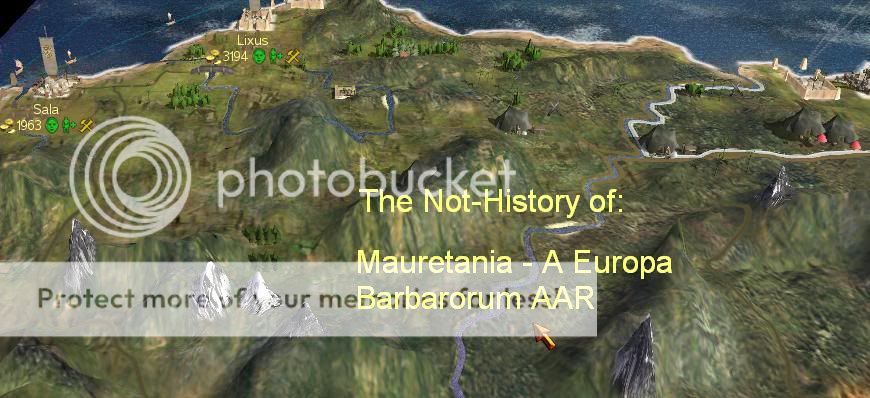
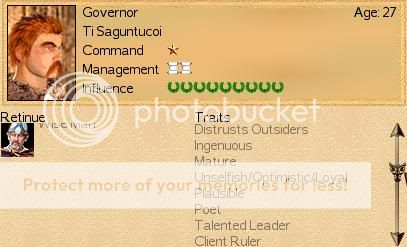


 Reply With Quote
Reply With Quote For starting an AAR that features a Non-Factional force ie. Mauritania. Good luck with this AAR and I shall be watching....always
For starting an AAR that features a Non-Factional force ie. Mauritania. Good luck with this AAR and I shall be watching....always 




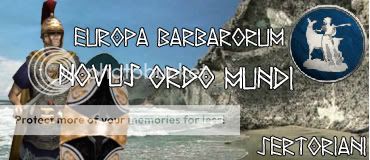
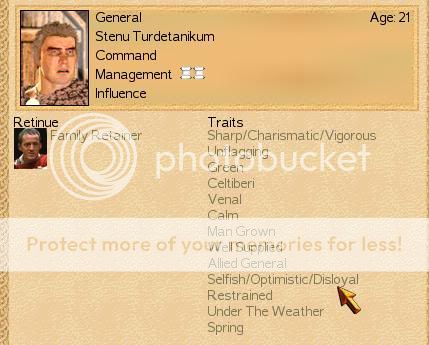
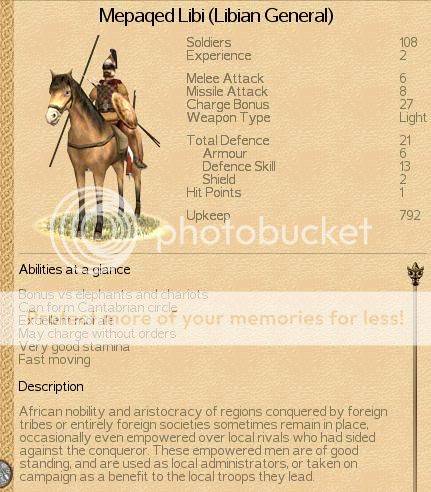
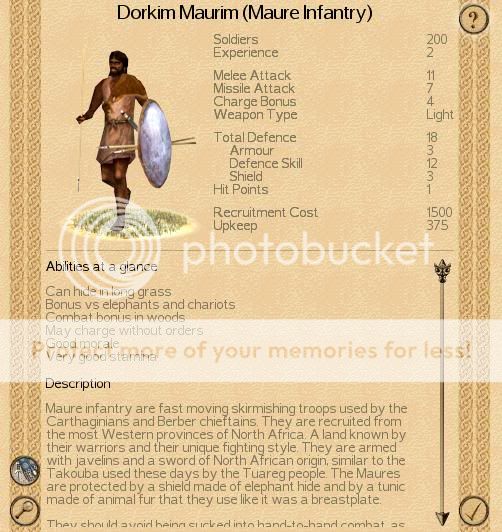





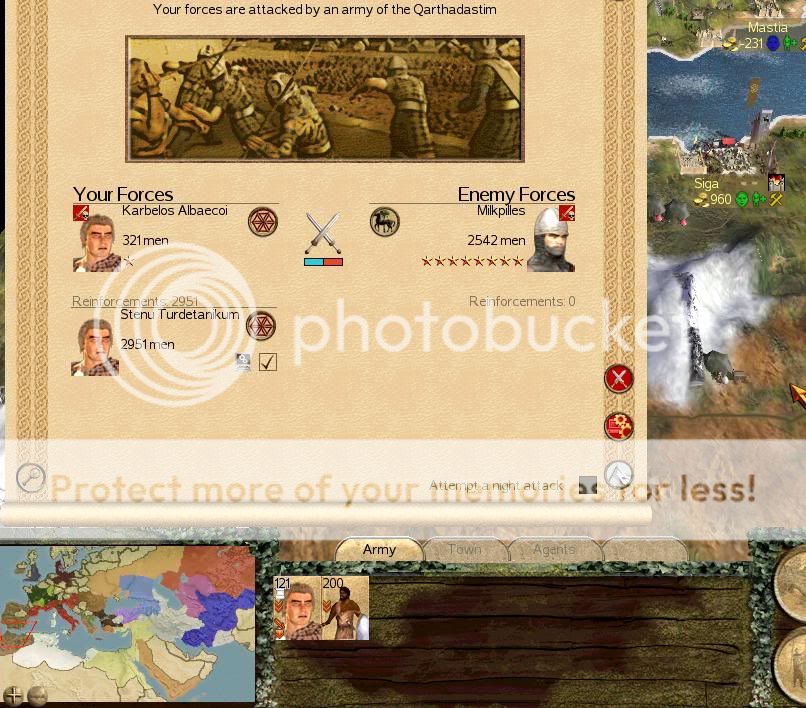
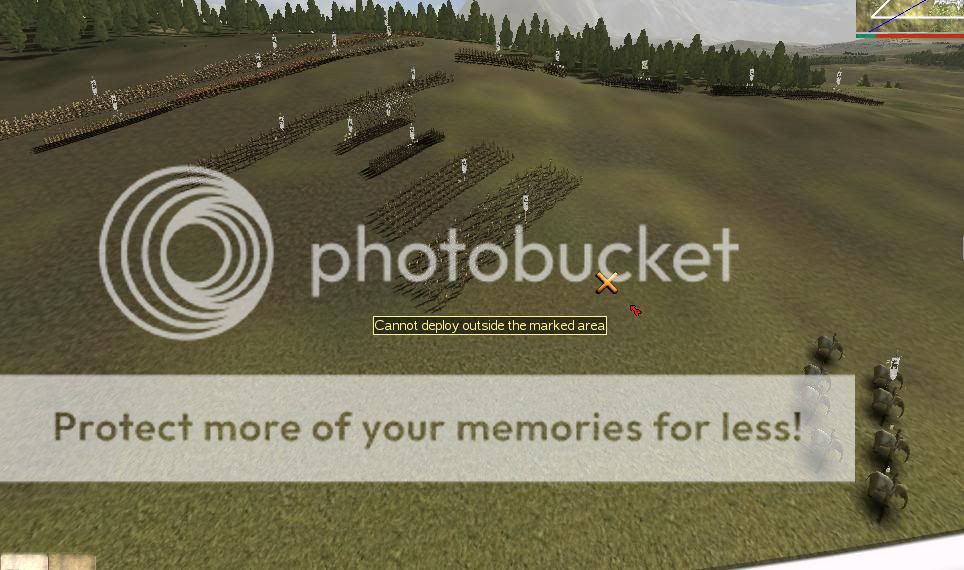
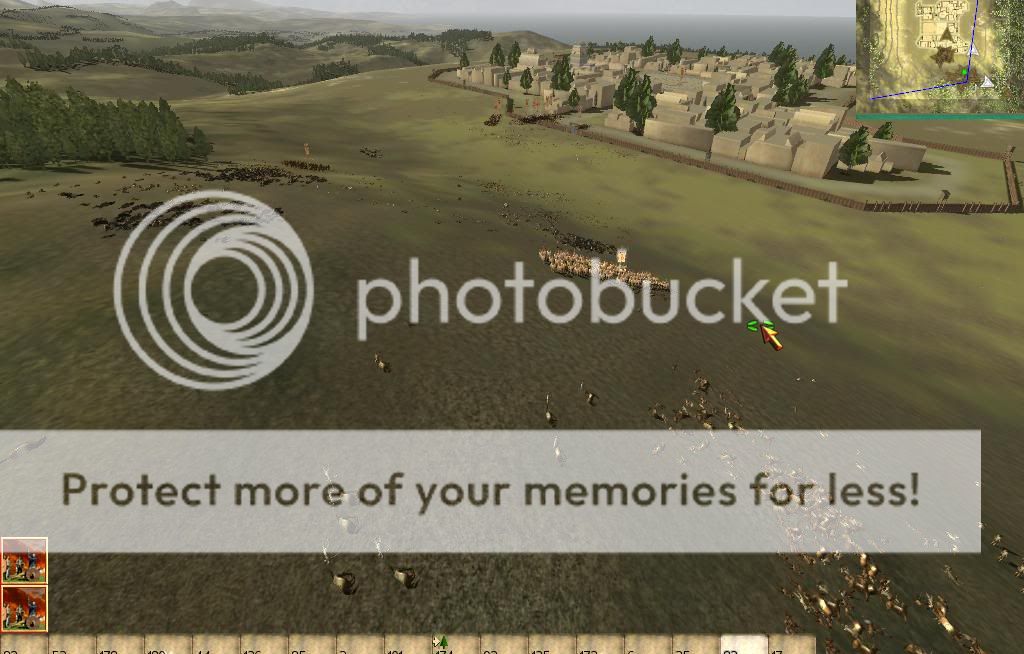
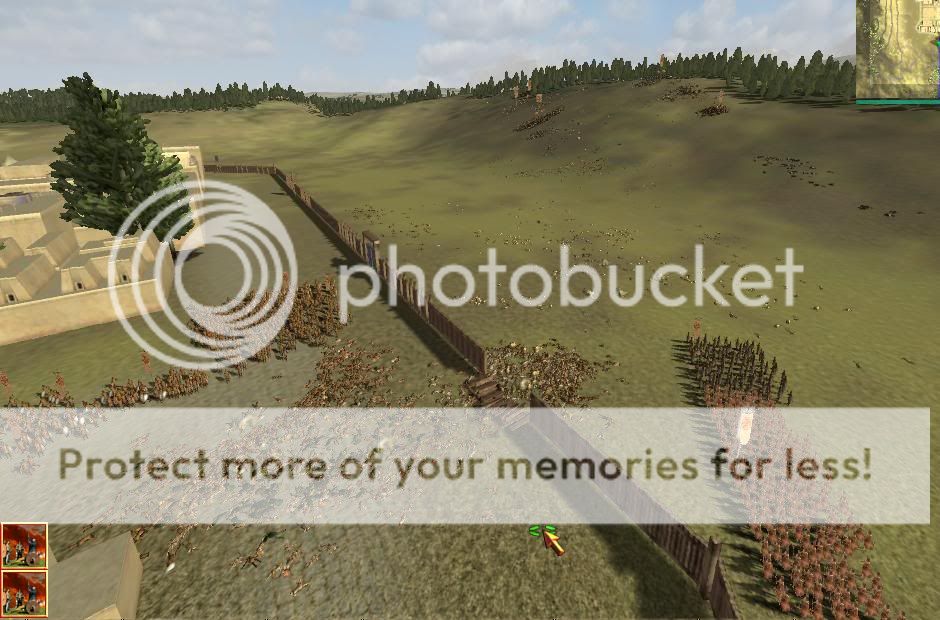
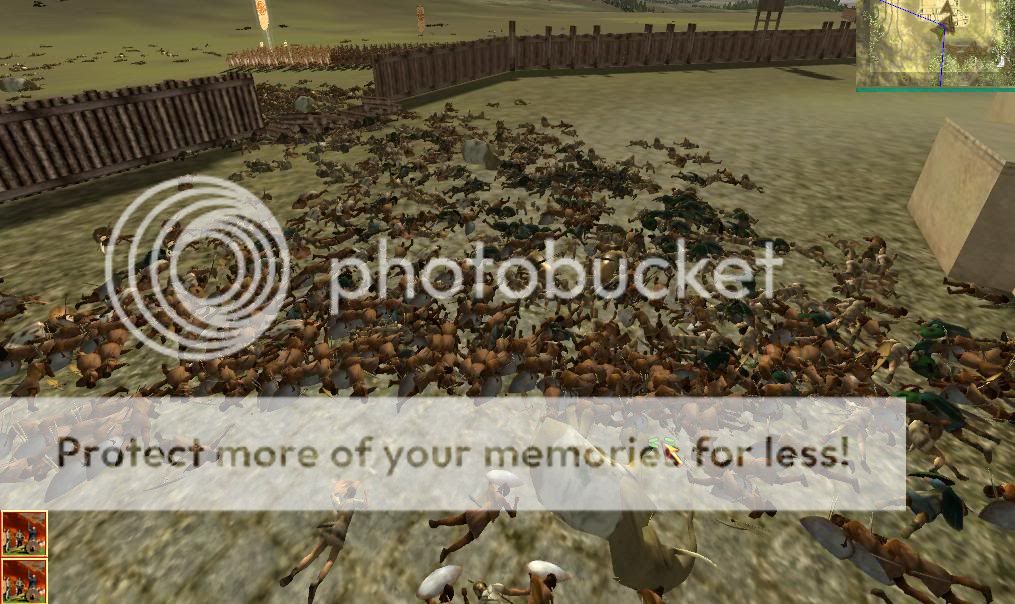
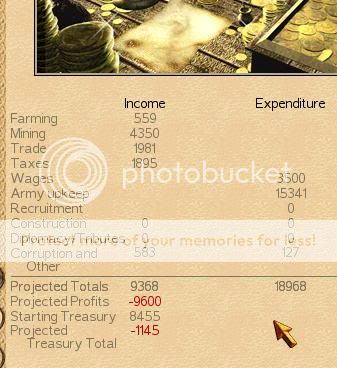
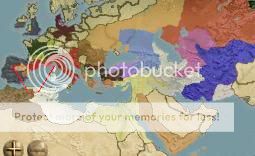
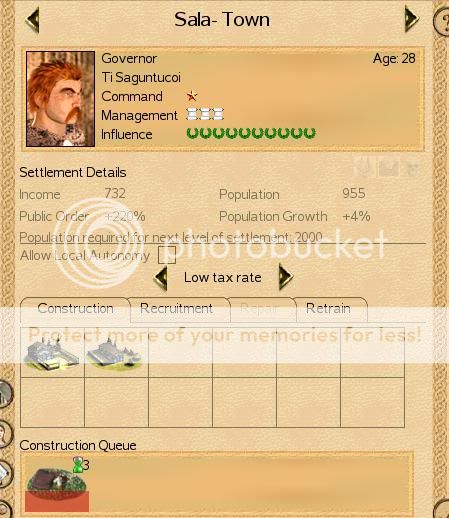
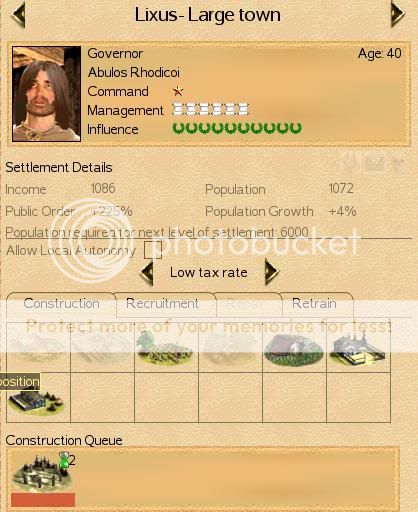
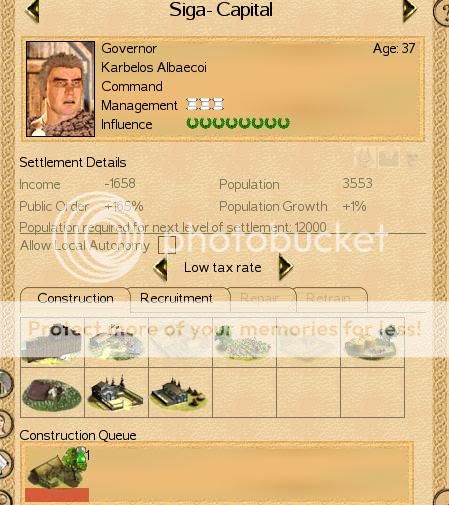
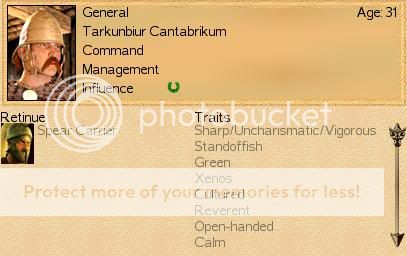
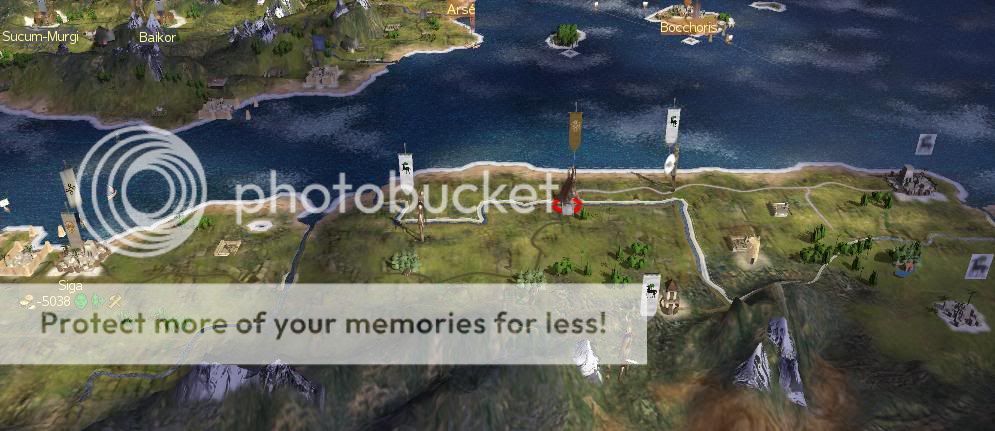

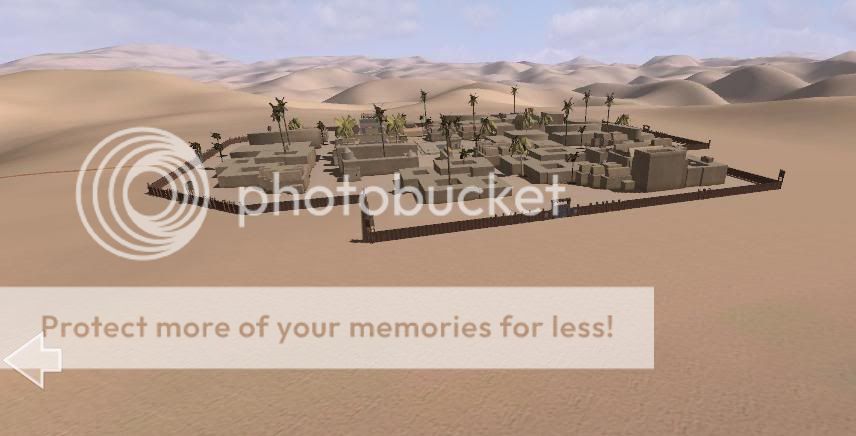
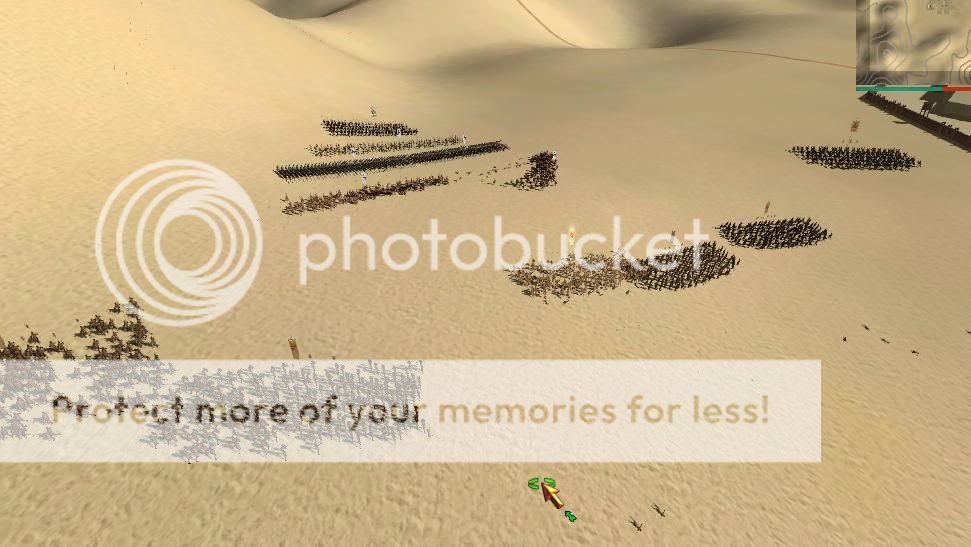
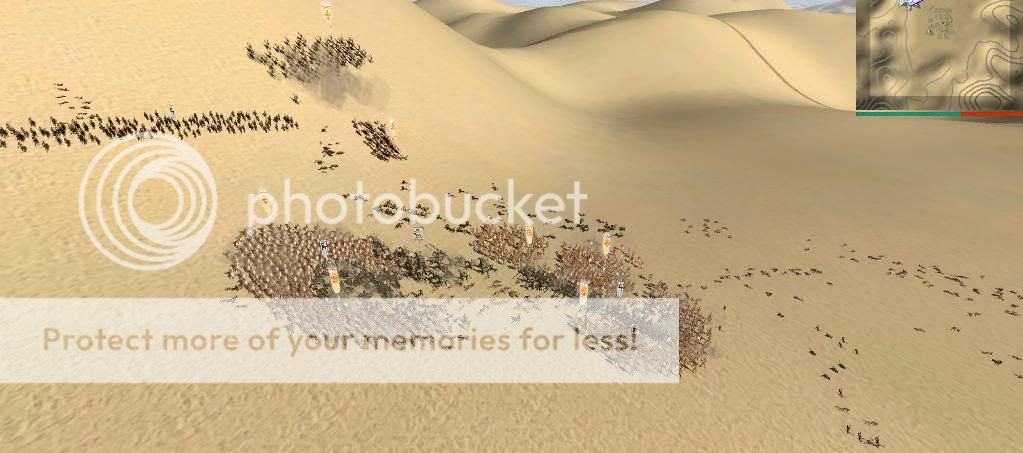
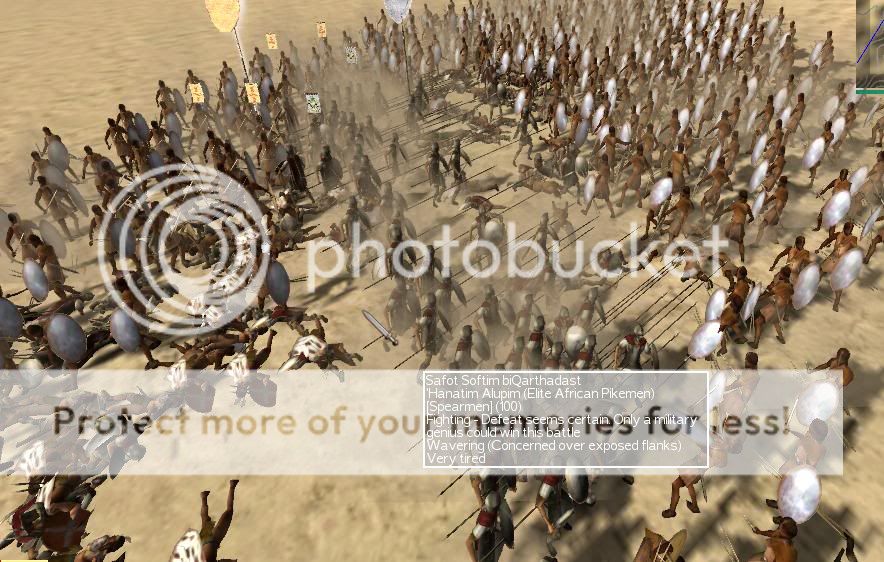
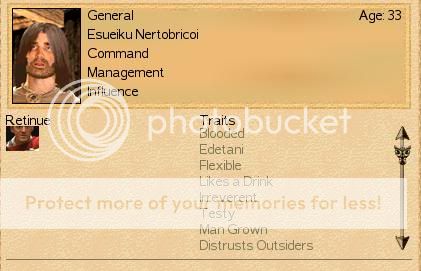
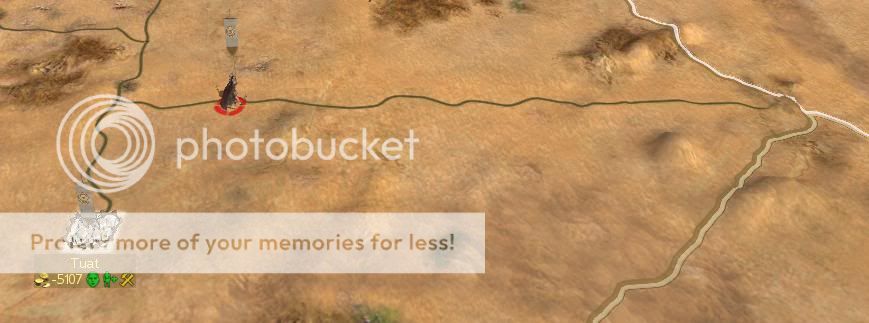


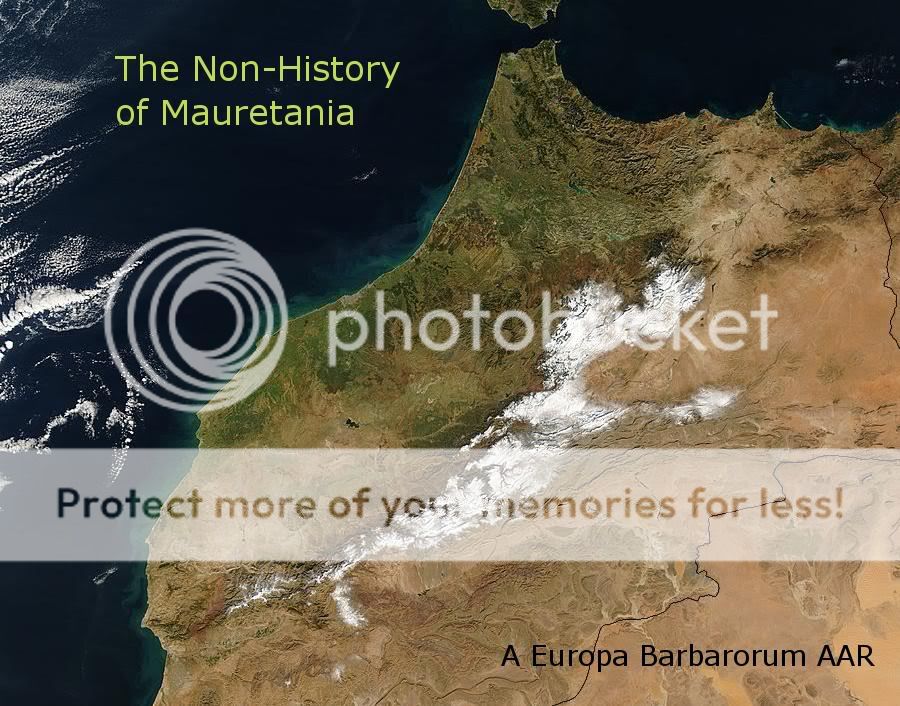
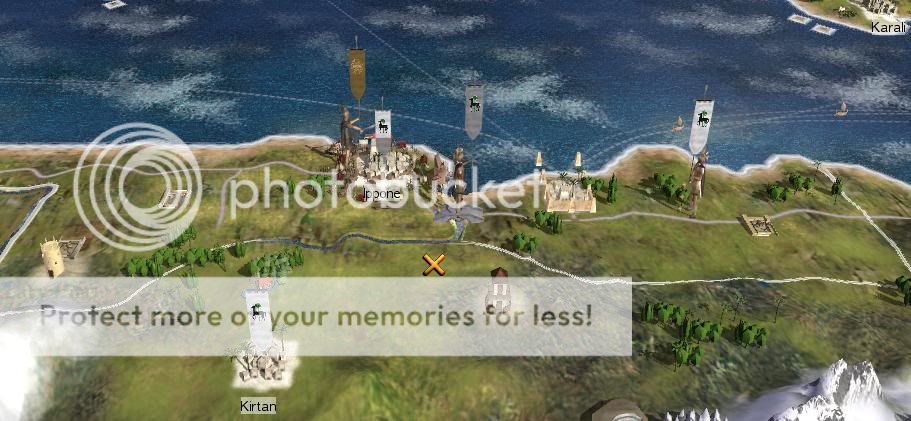
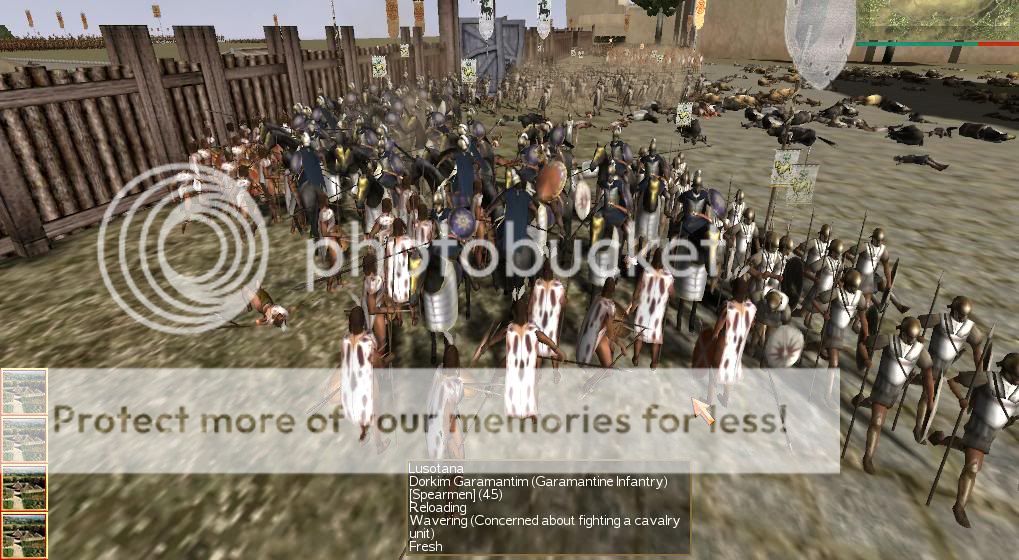
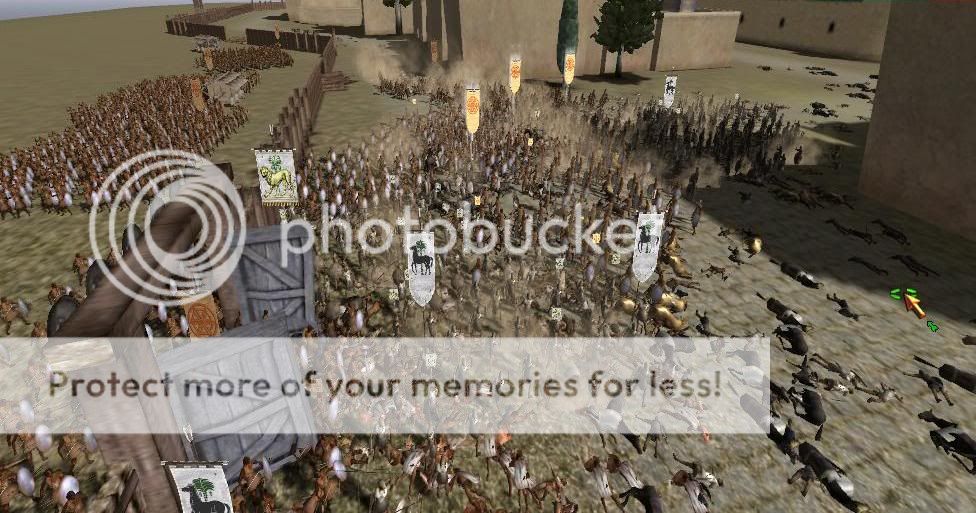
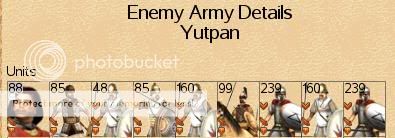
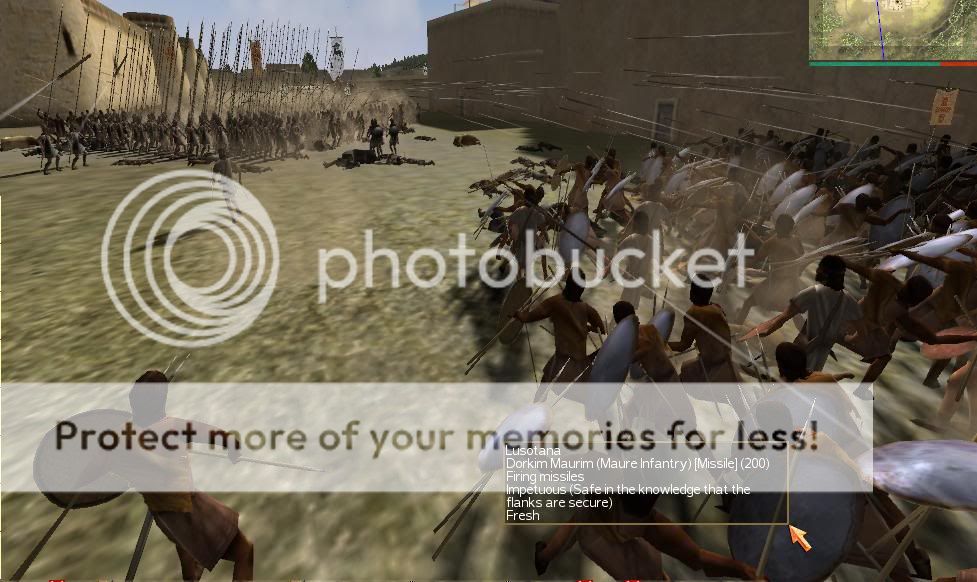
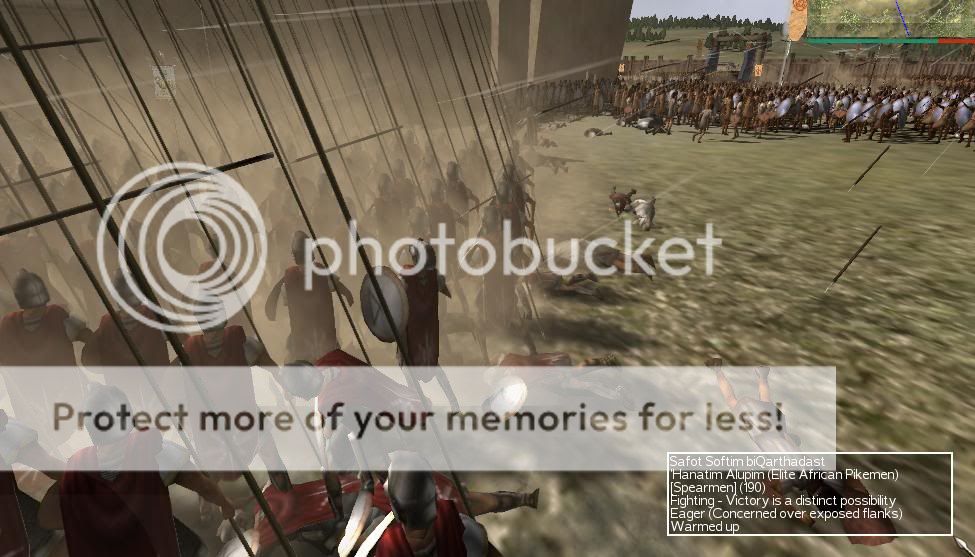
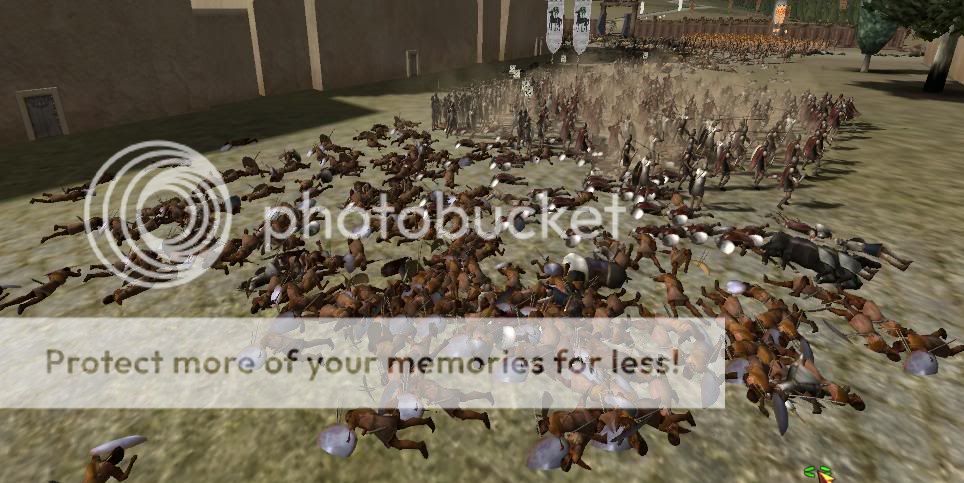
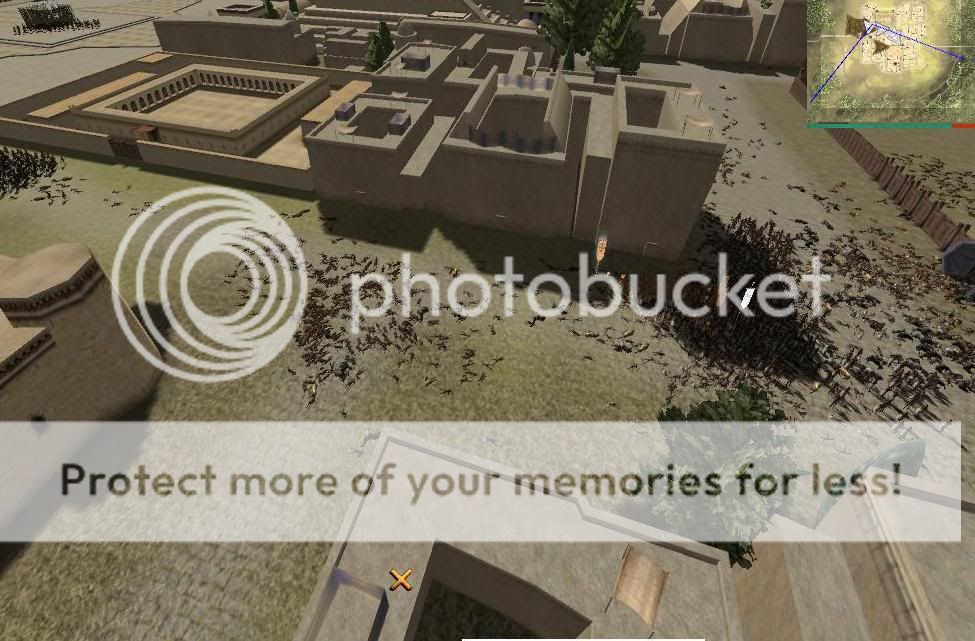
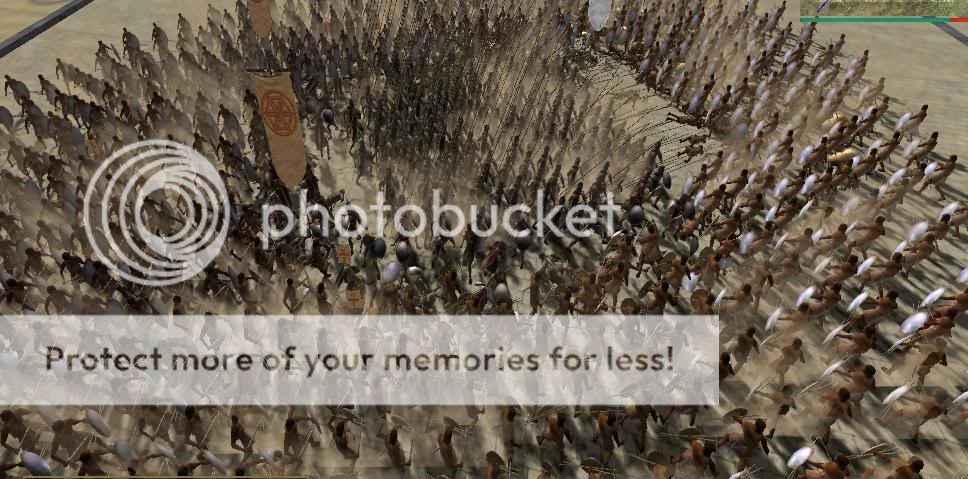
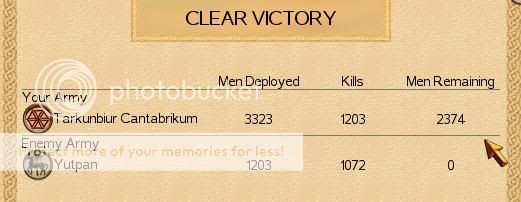
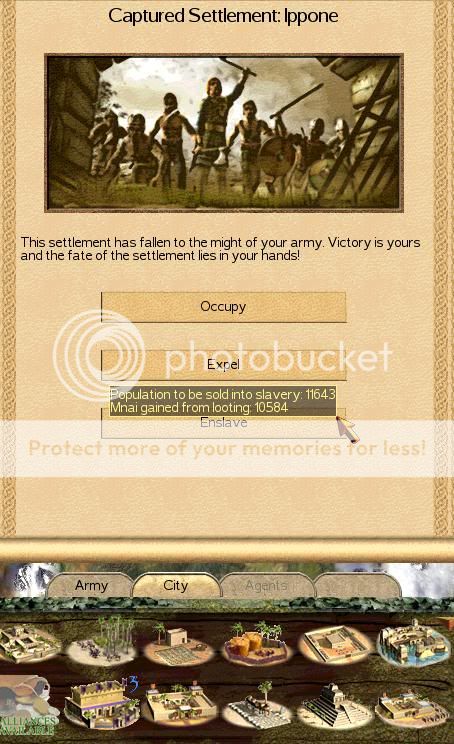
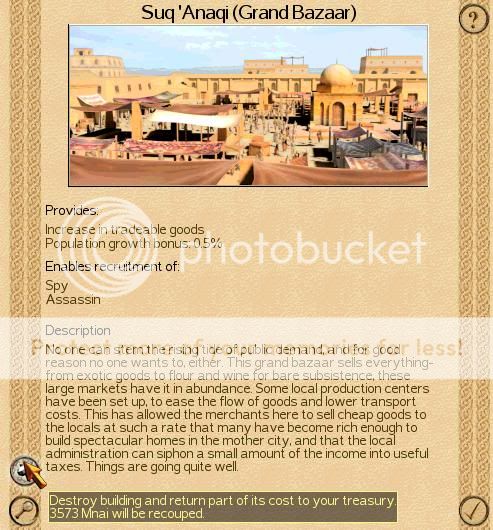
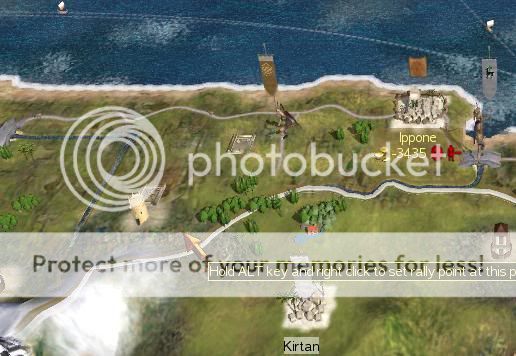



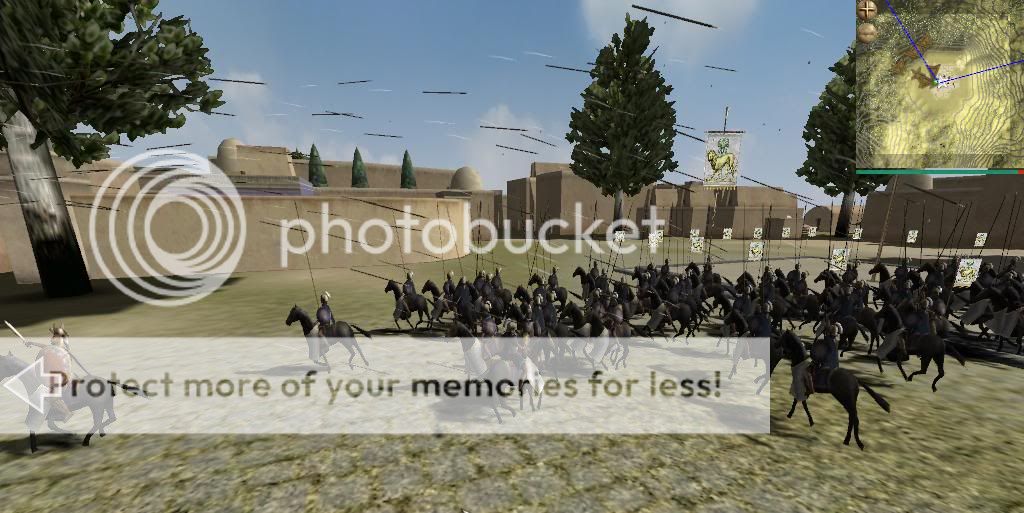

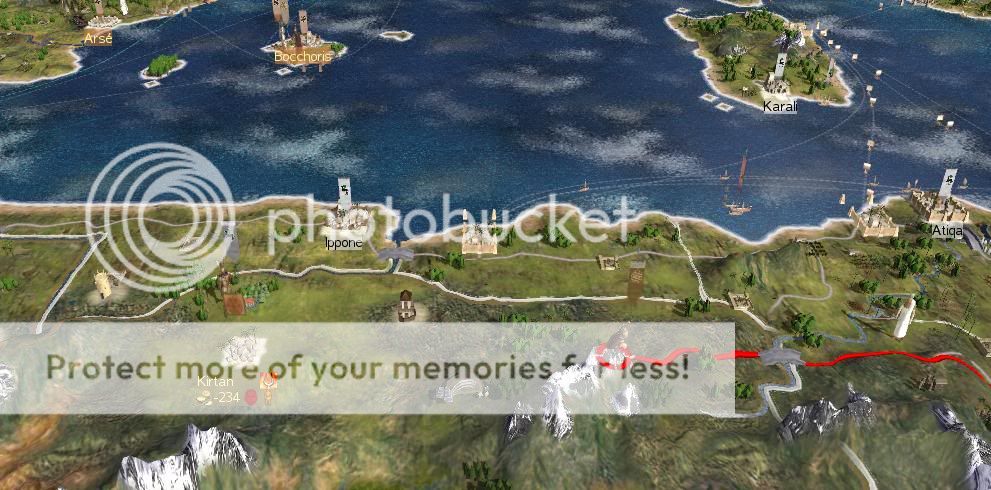
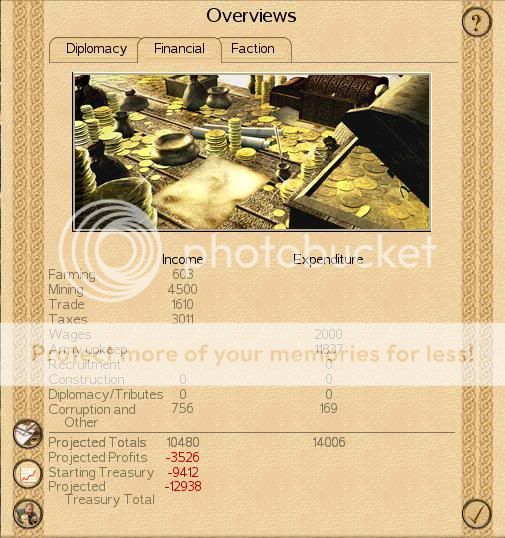
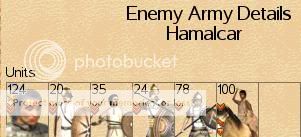
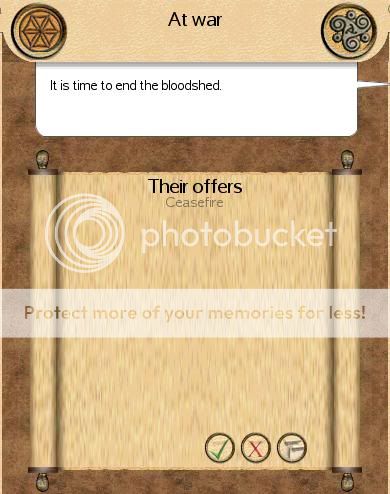

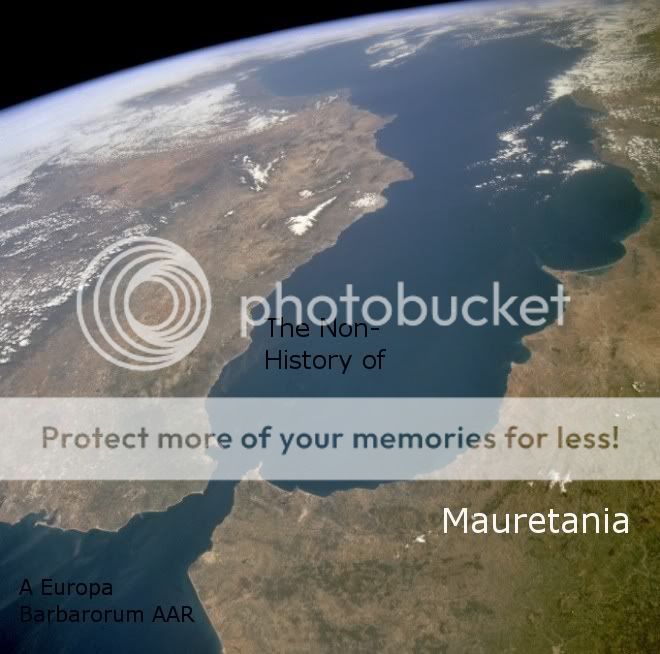
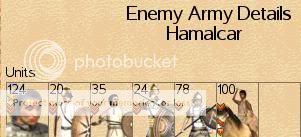

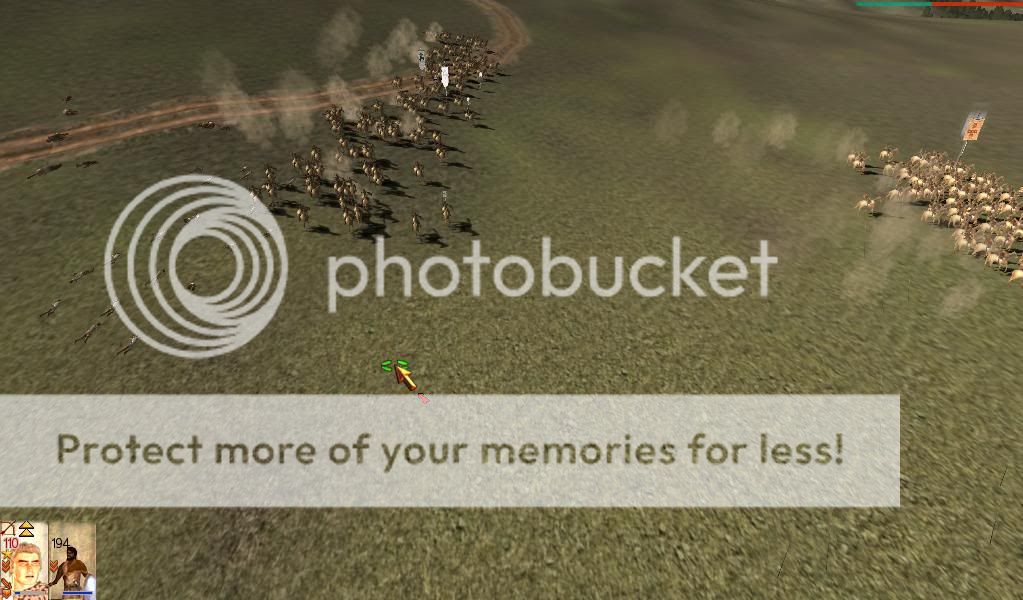
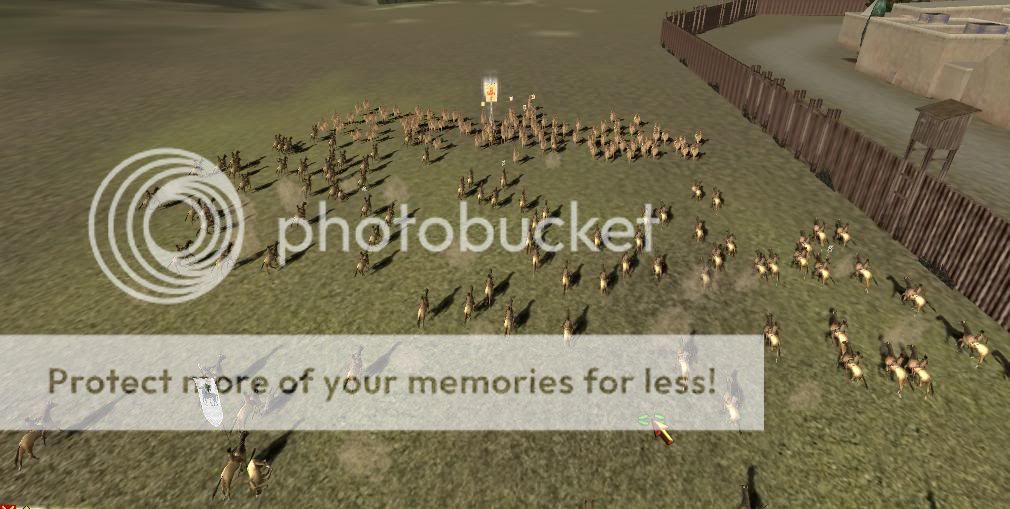
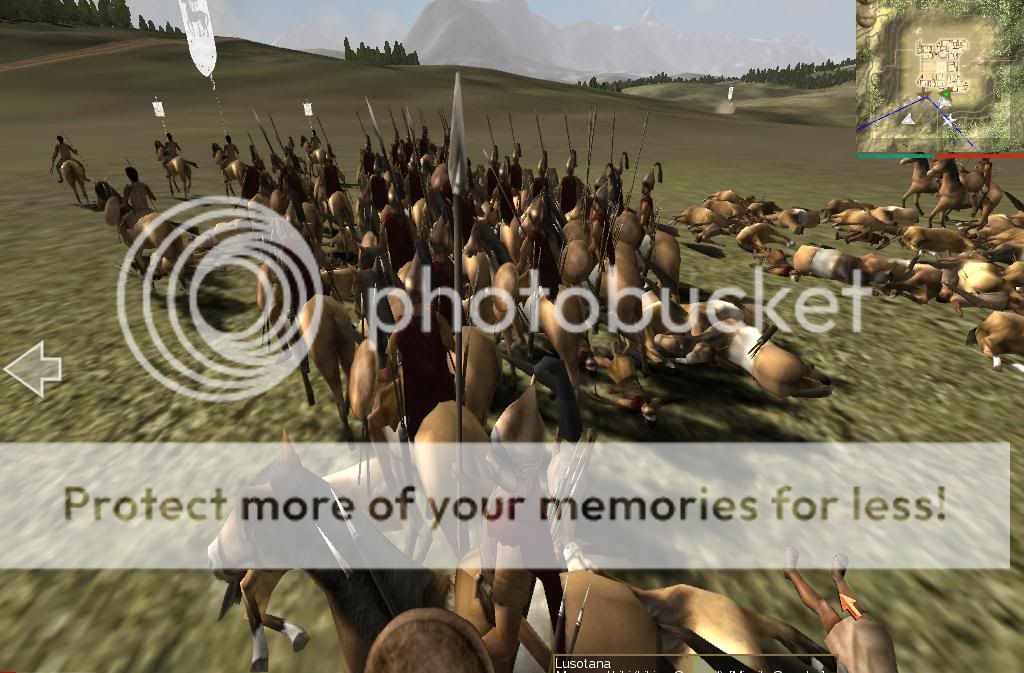
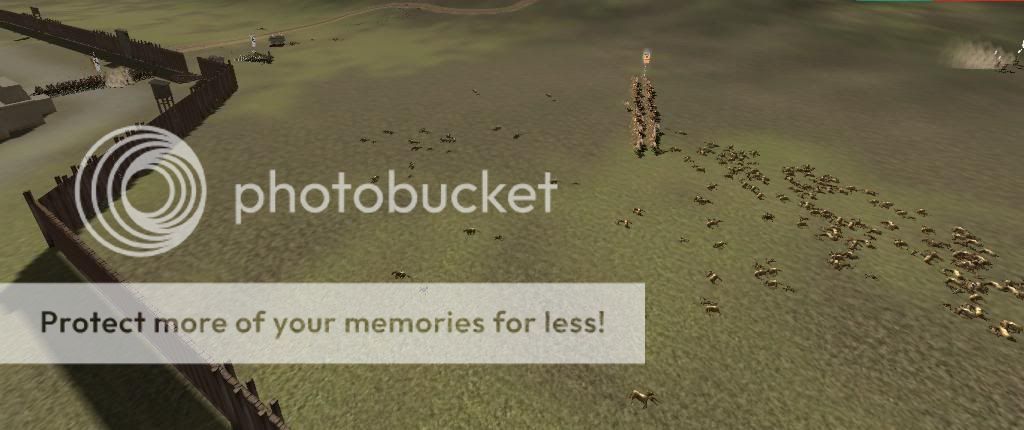
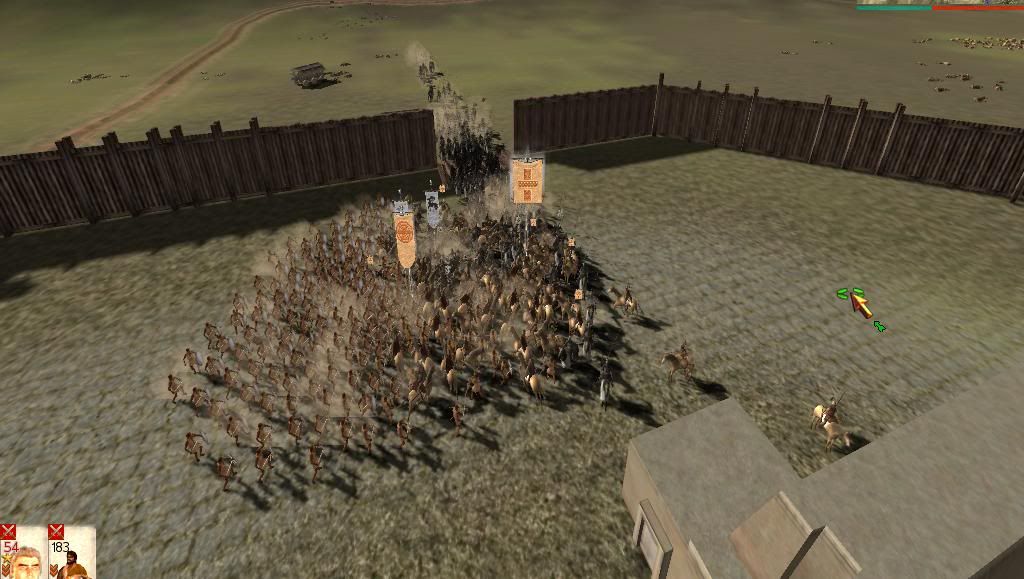
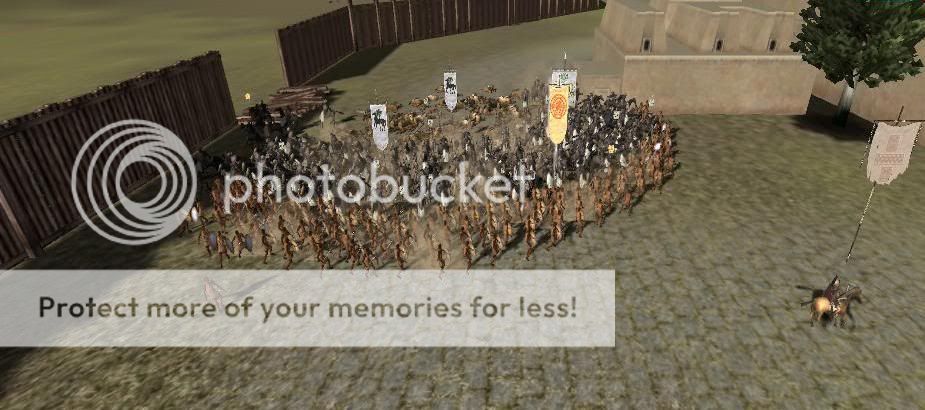
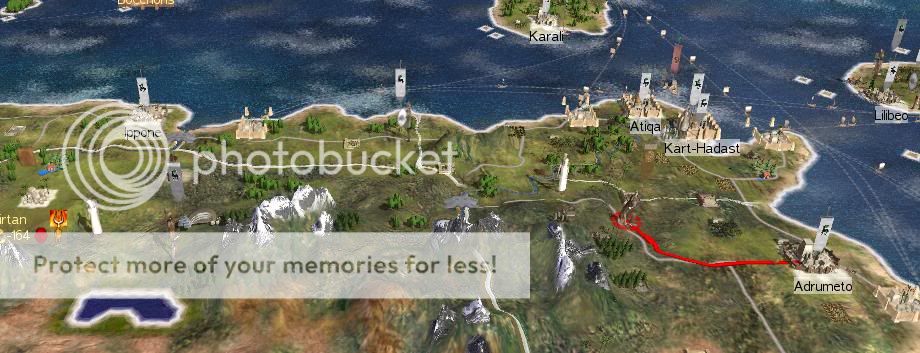
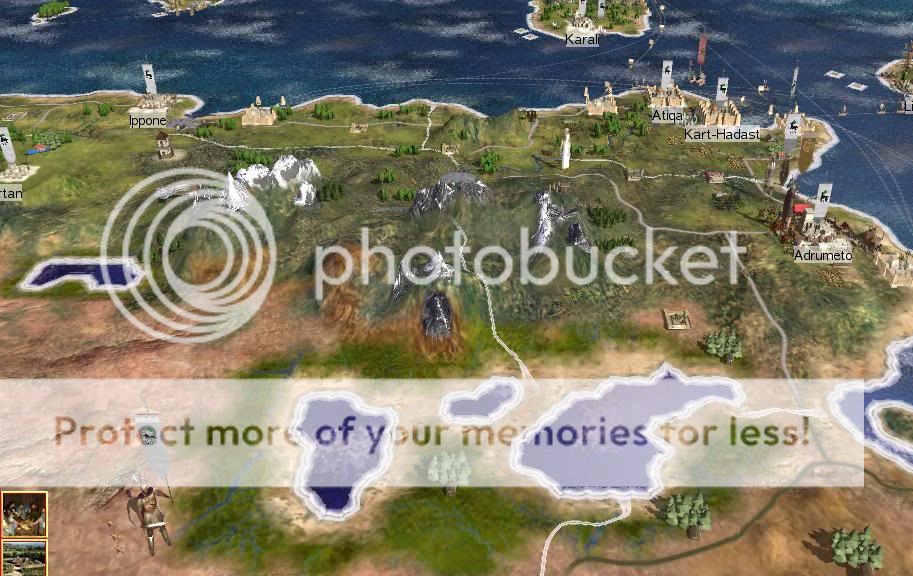
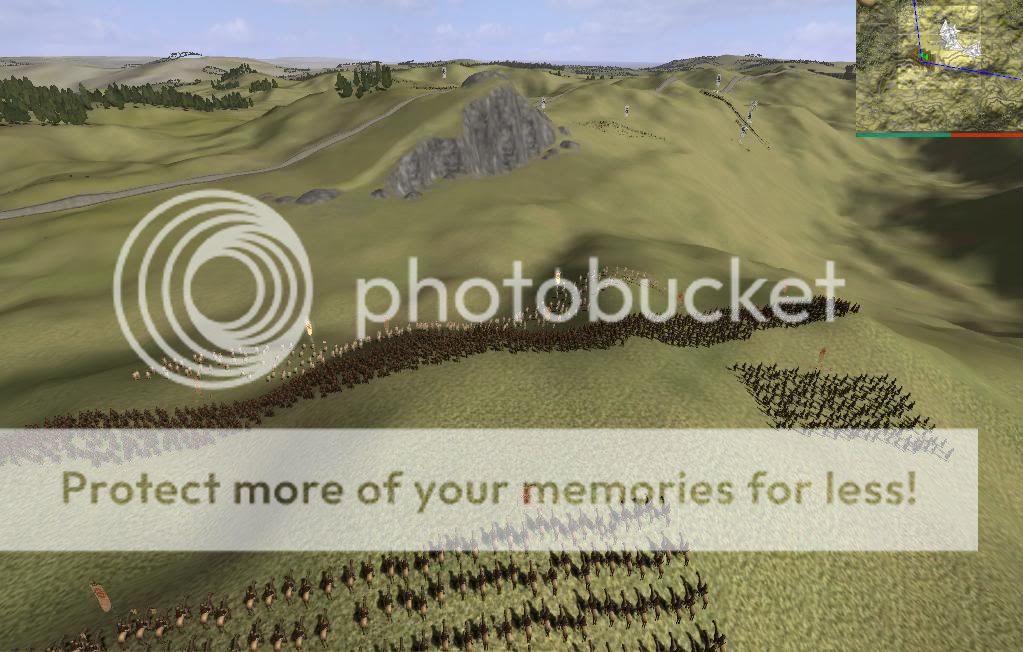
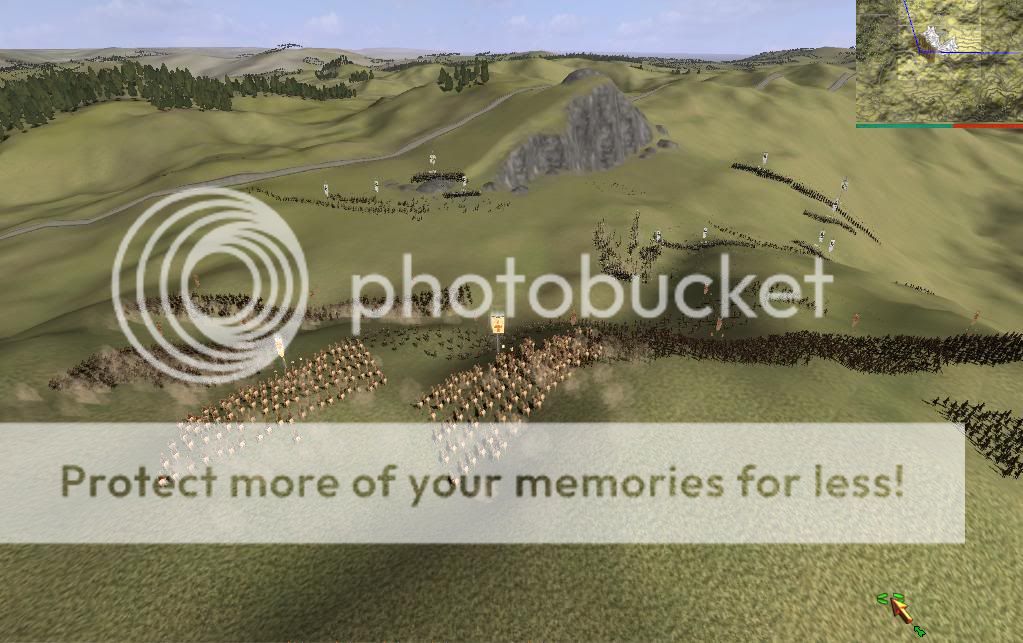
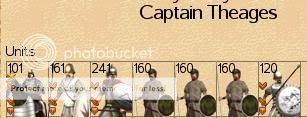
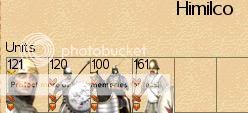

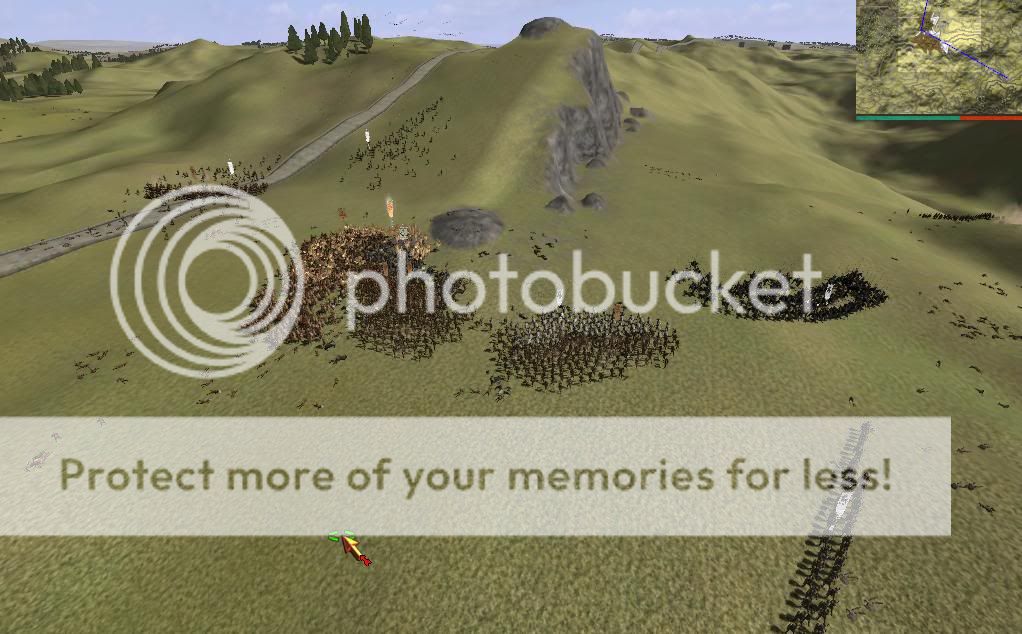
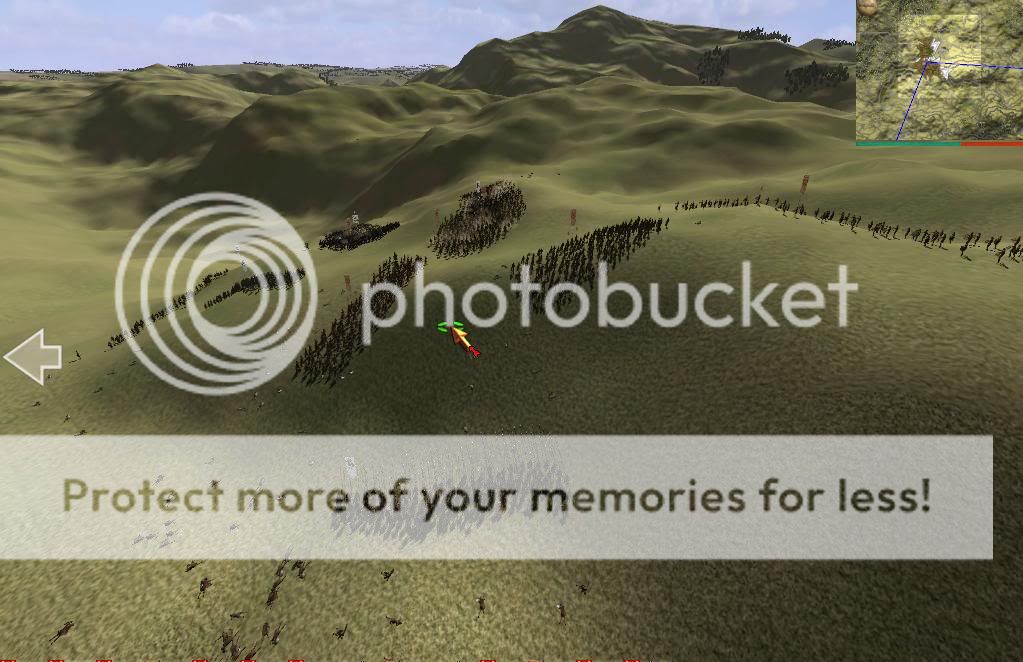
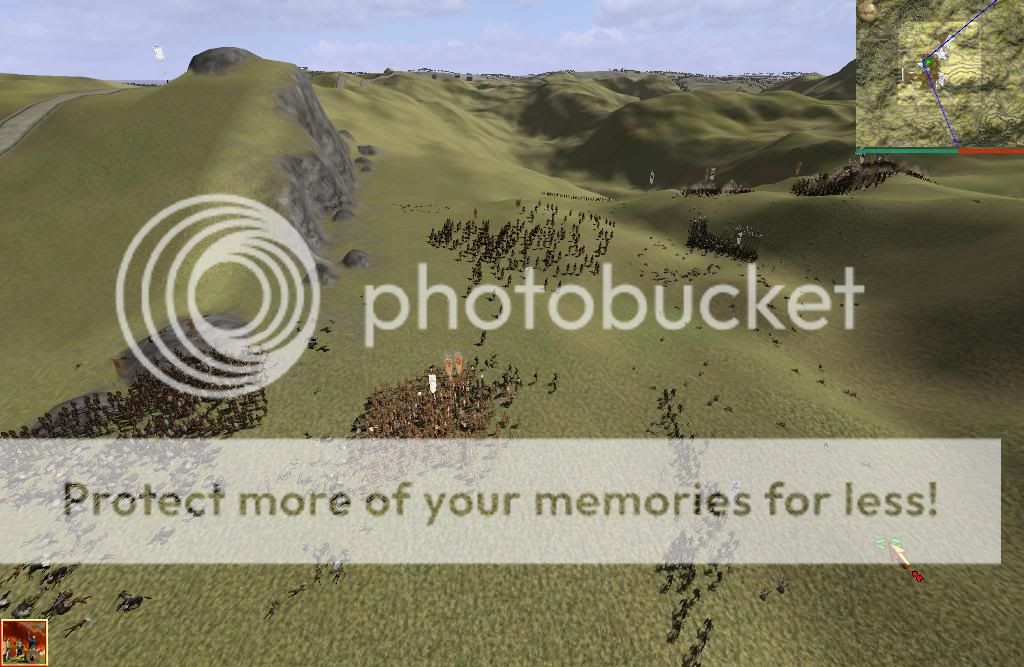
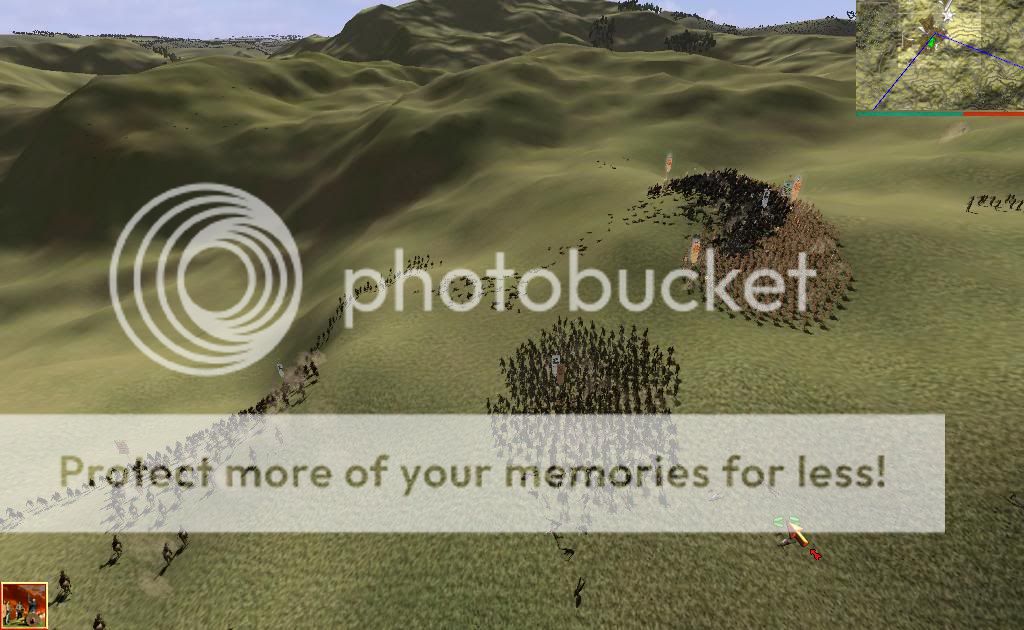
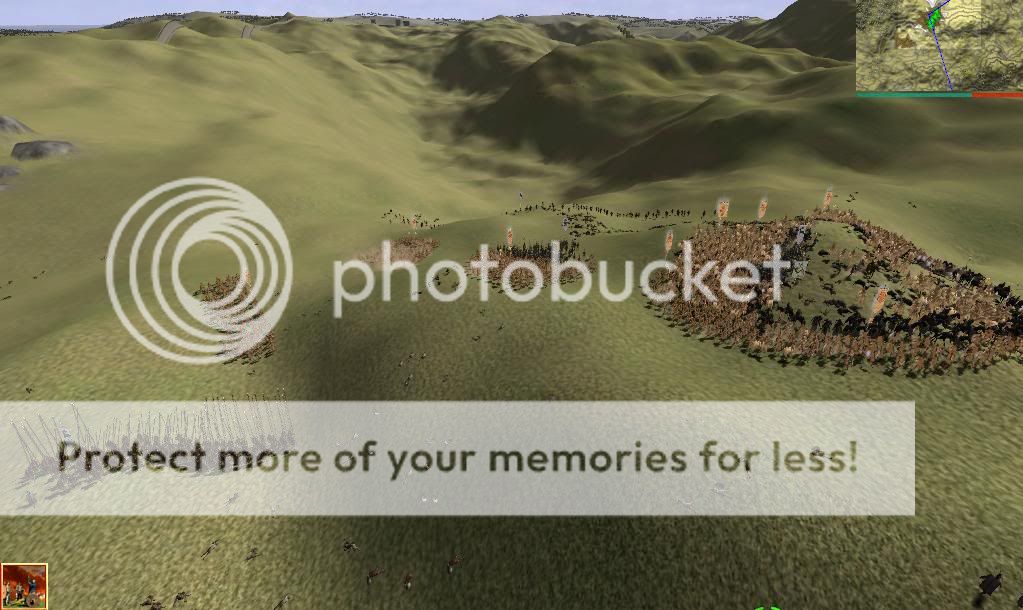
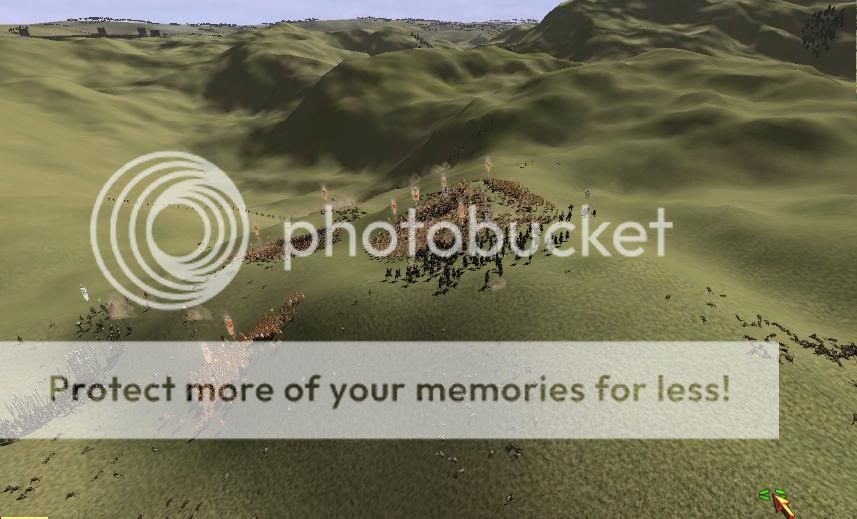
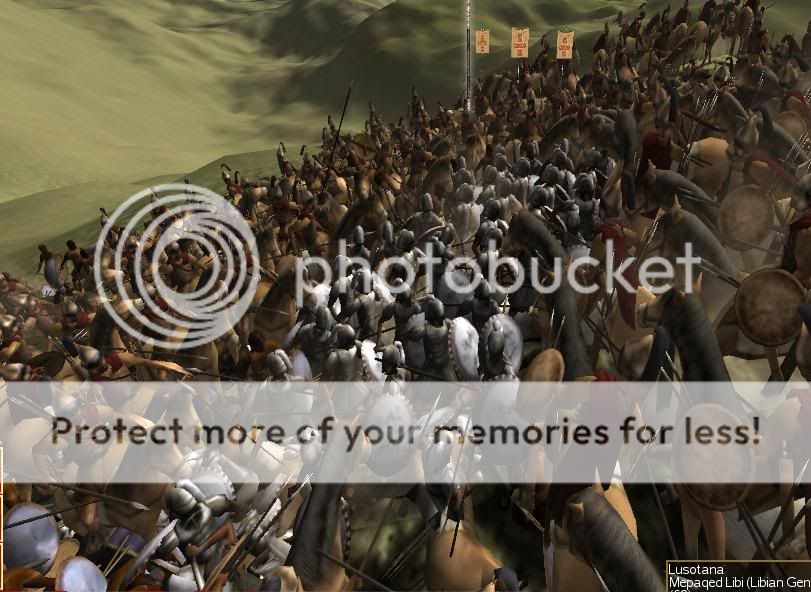
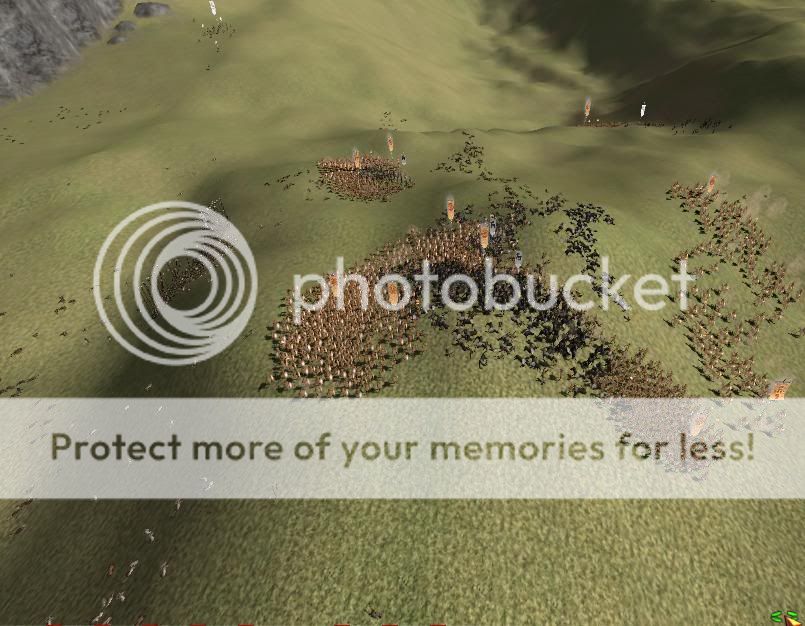
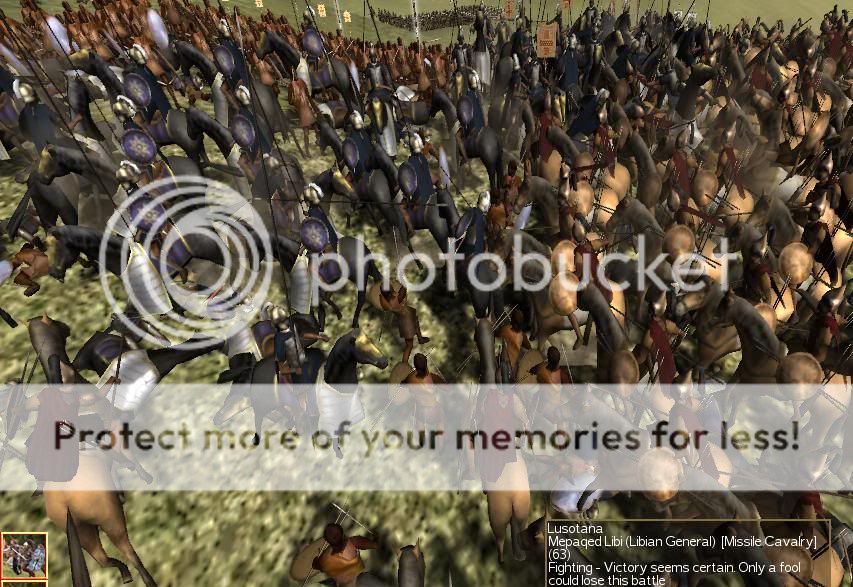
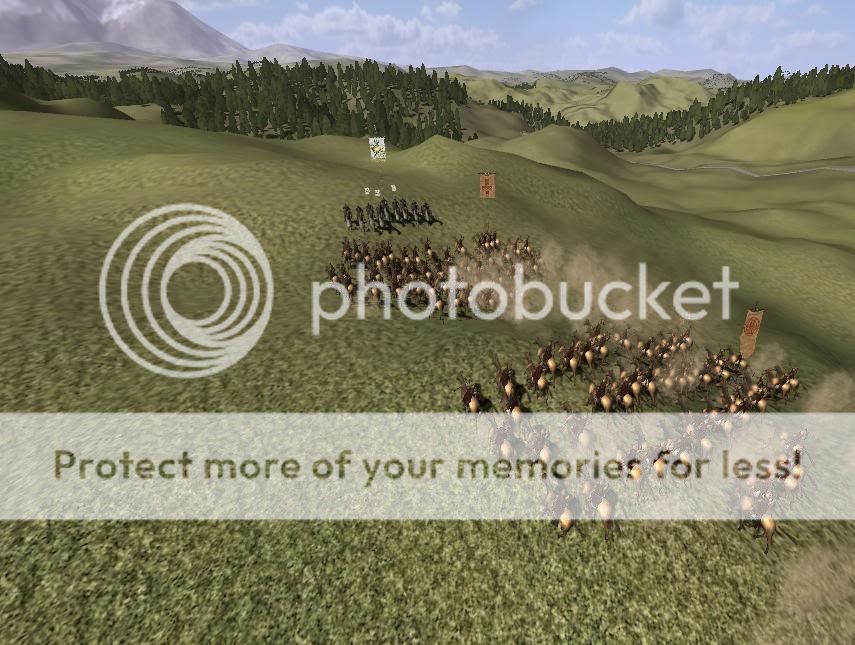
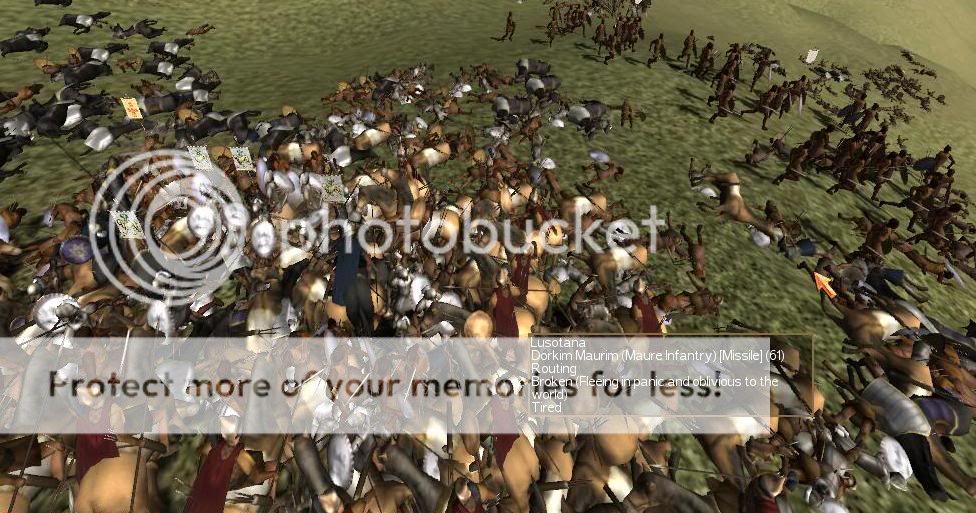
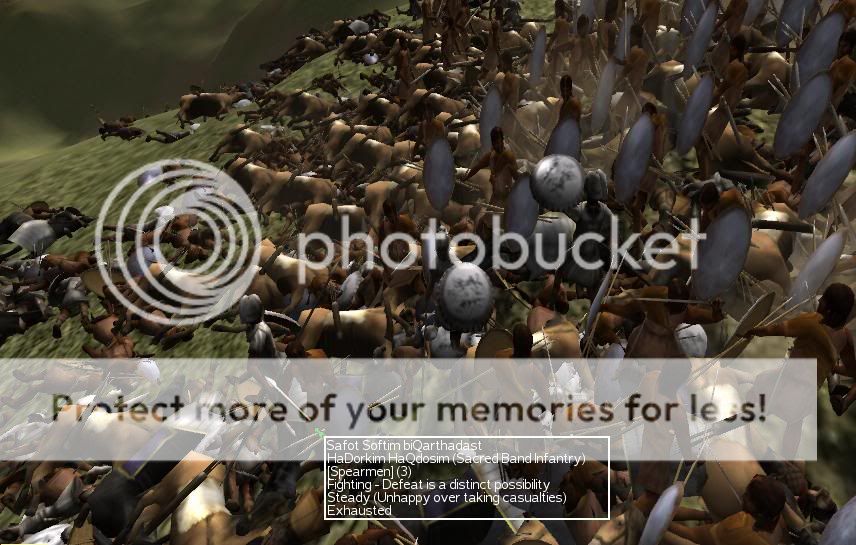
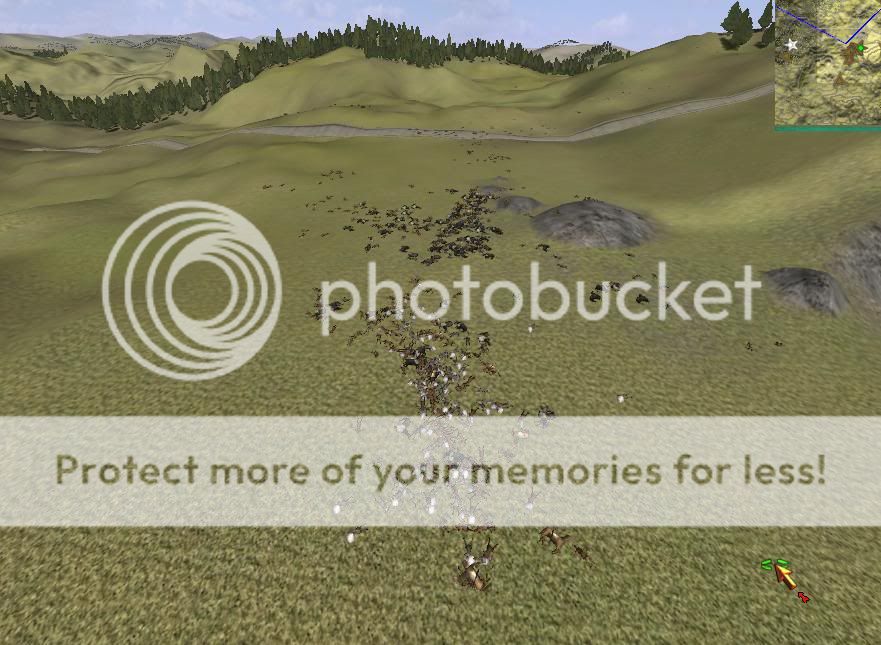
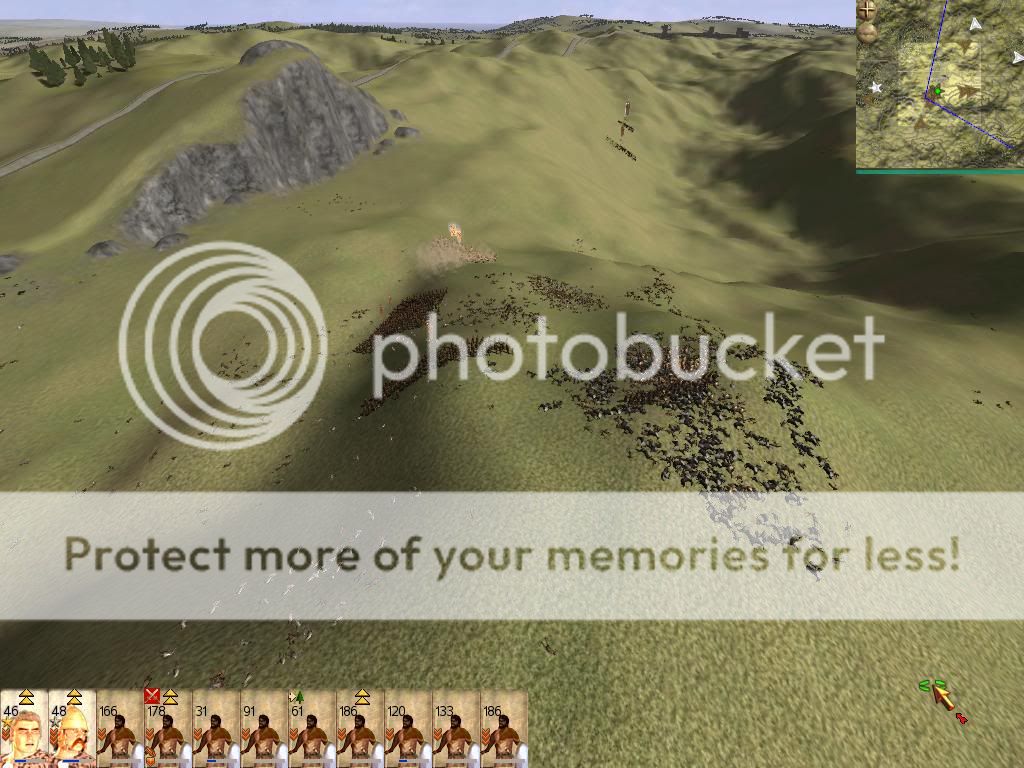
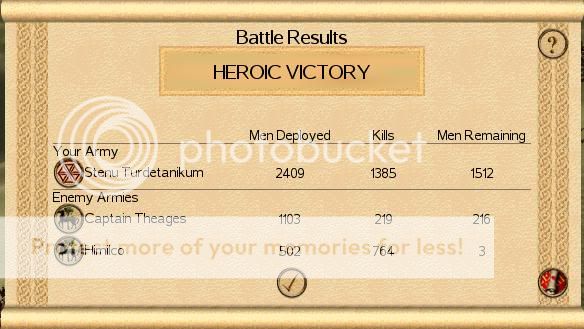
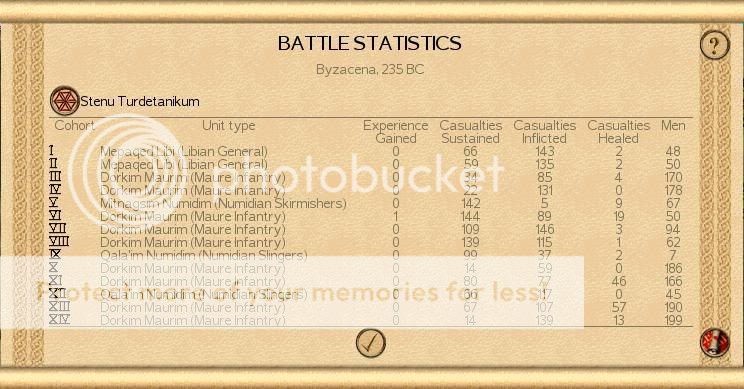


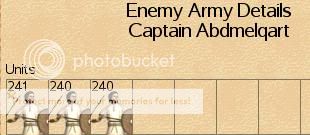
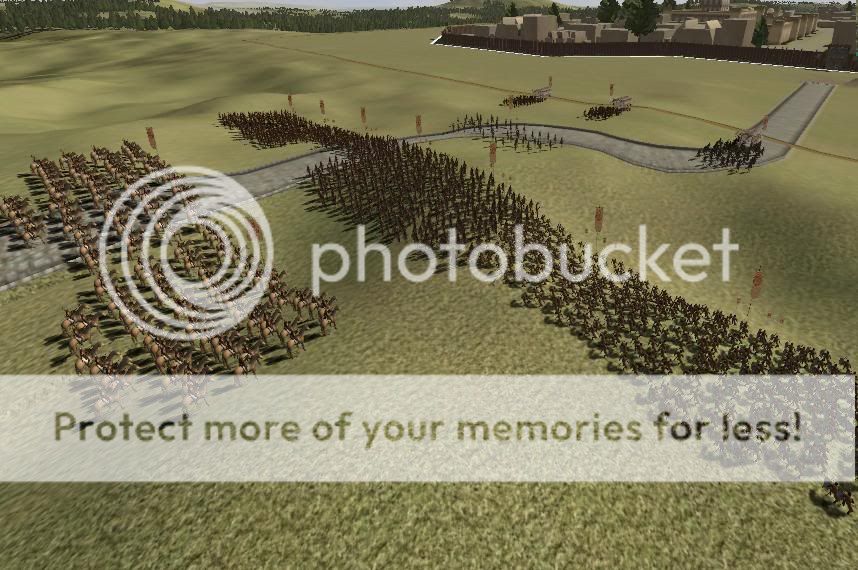
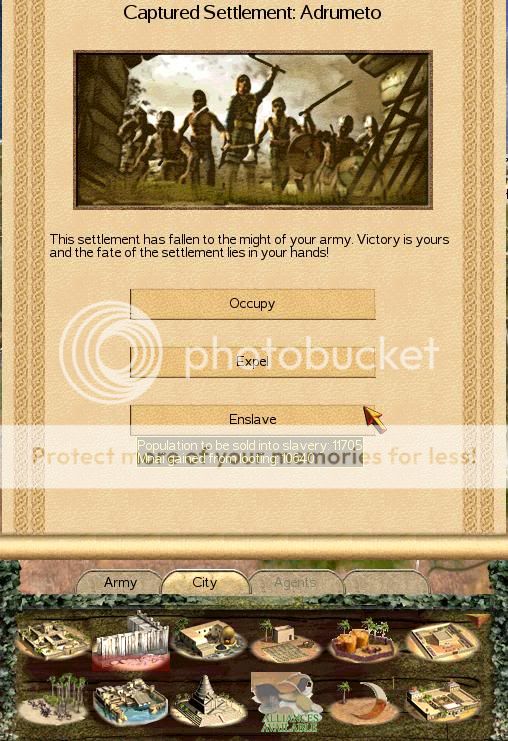
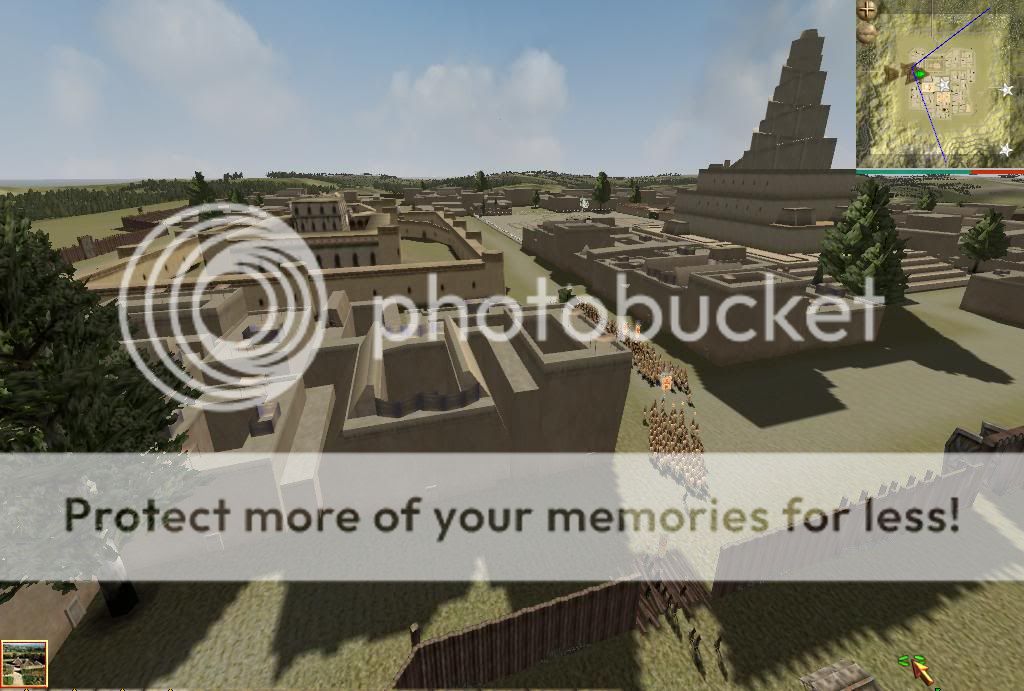

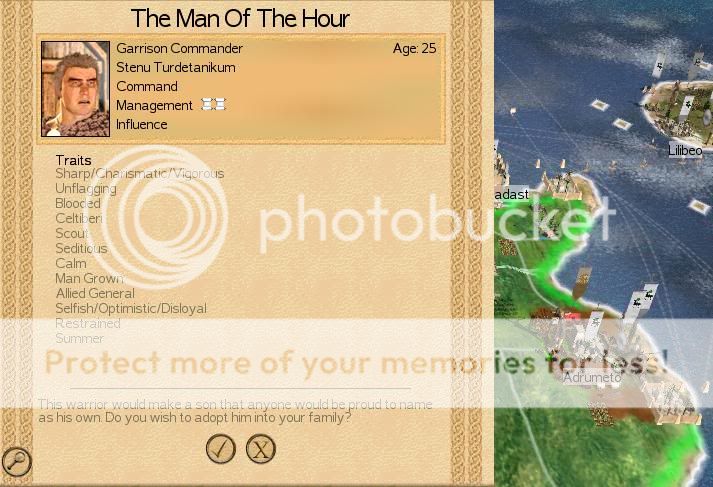
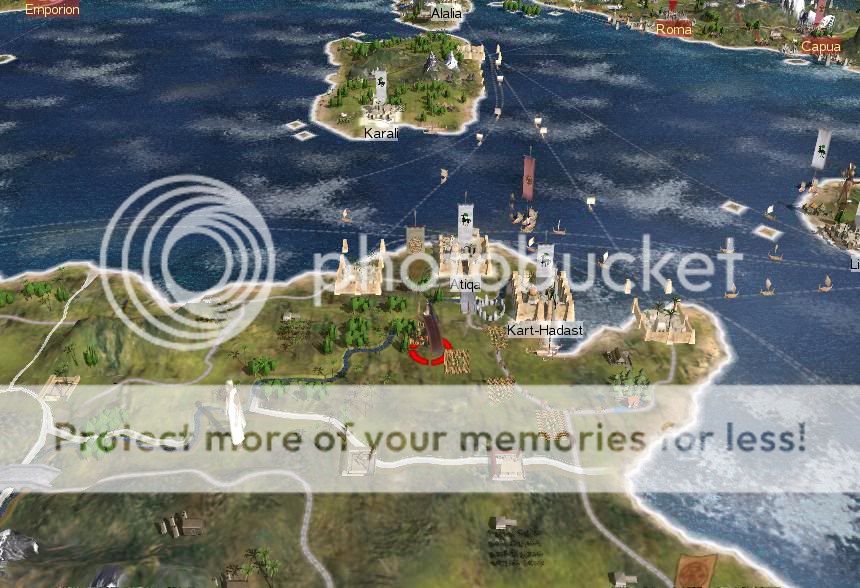

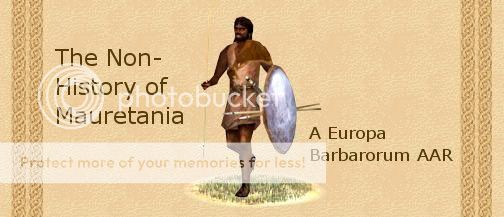


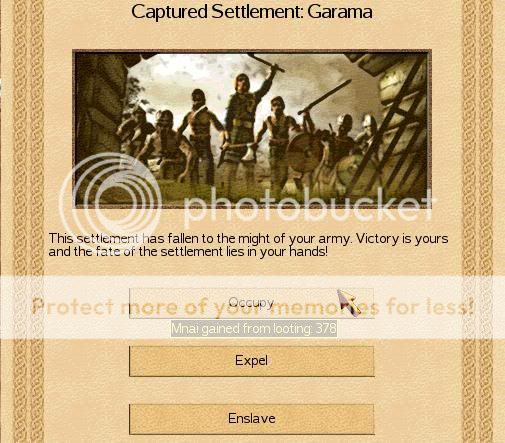
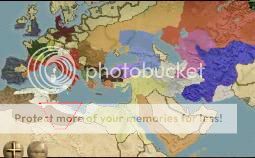
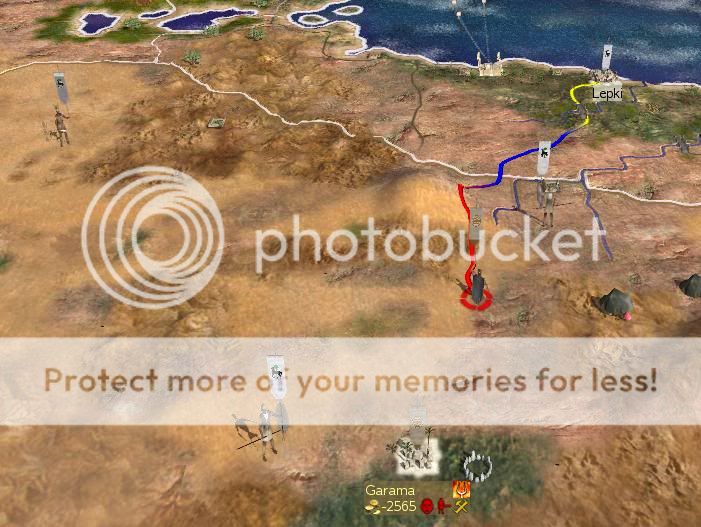

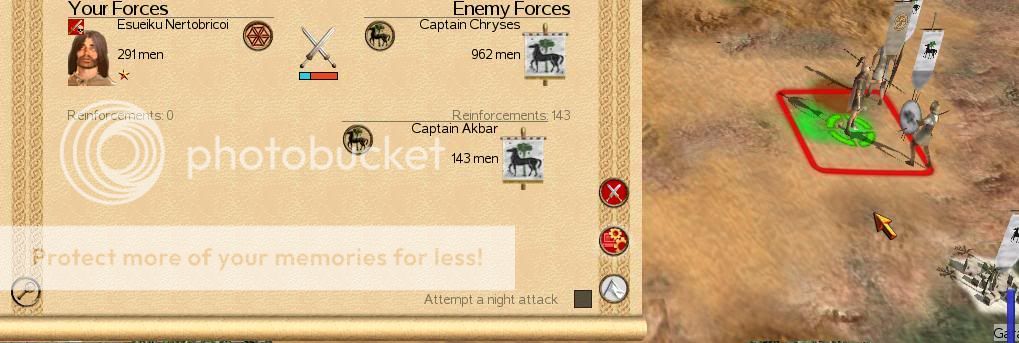
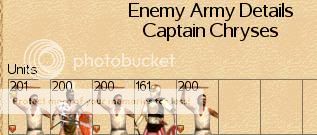
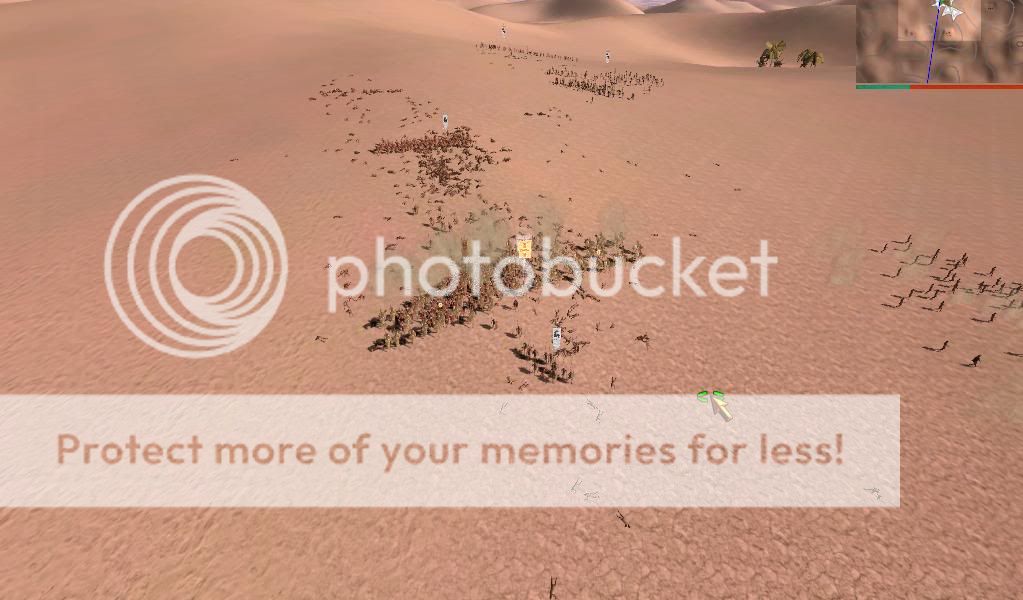
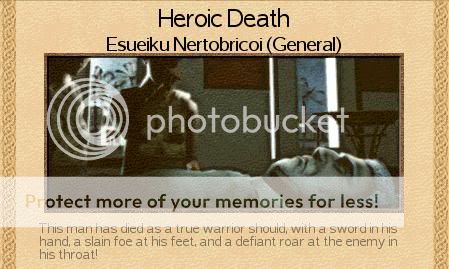
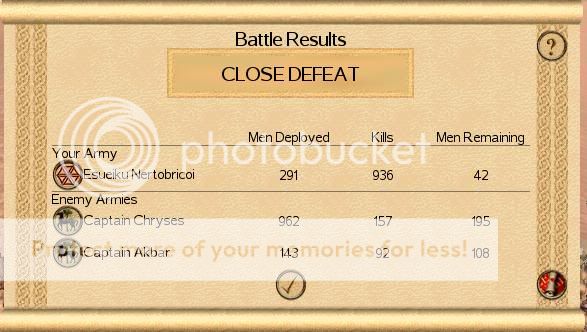
 [The Ten Thousand]
[The Ten Thousand]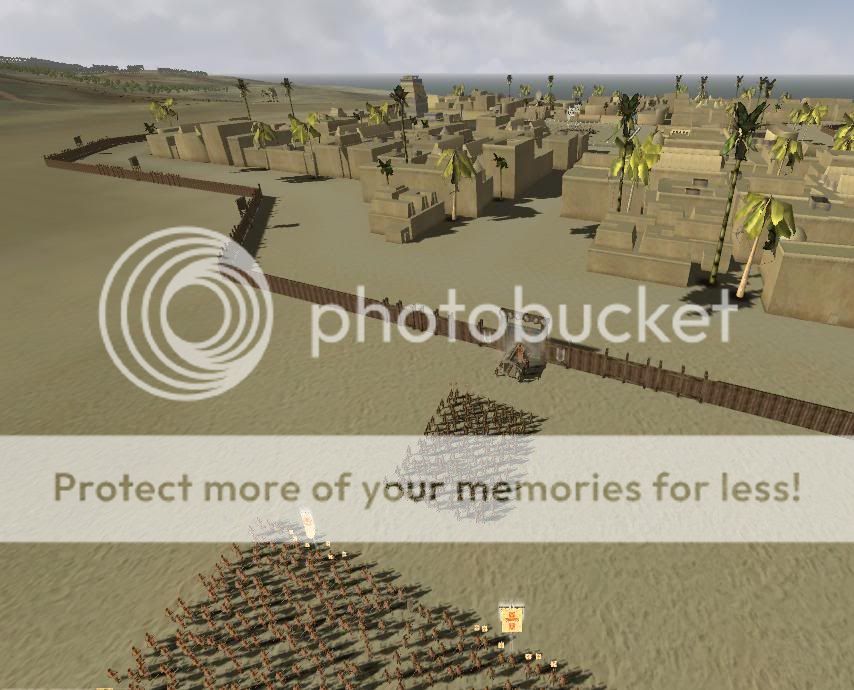
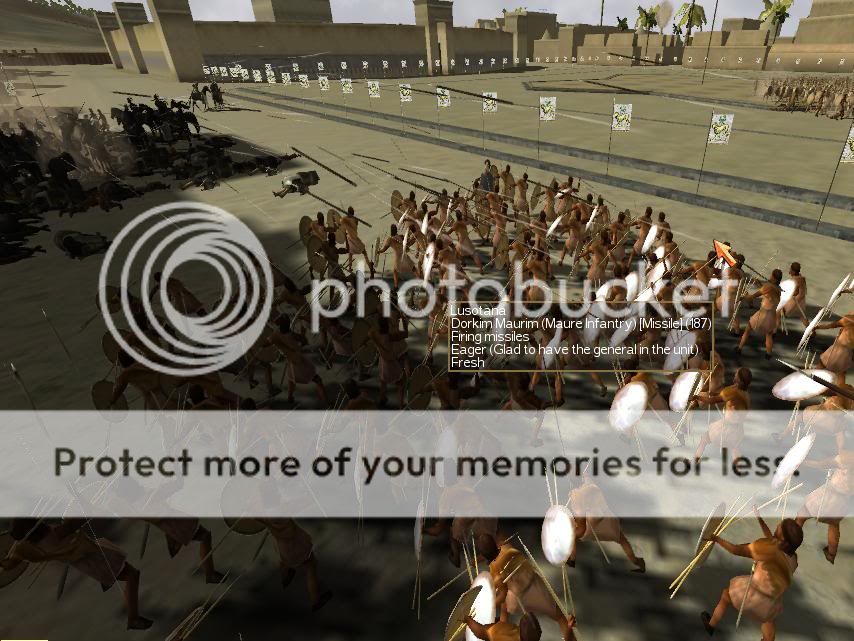
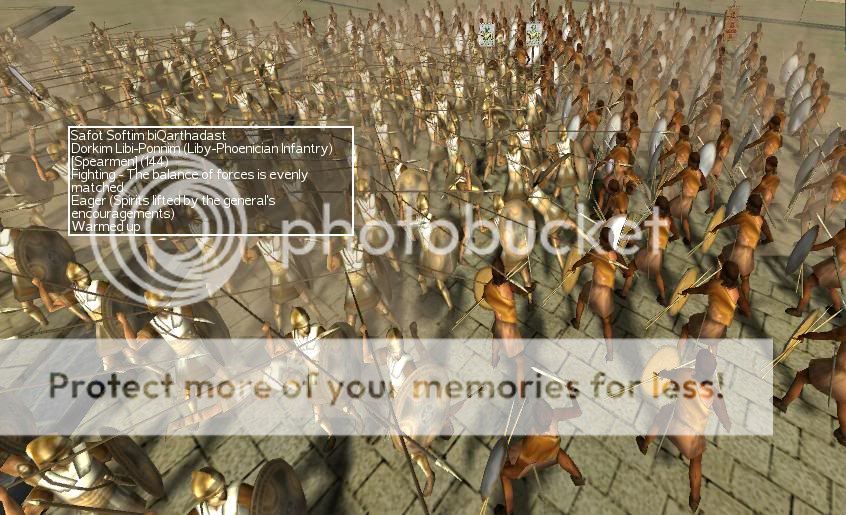
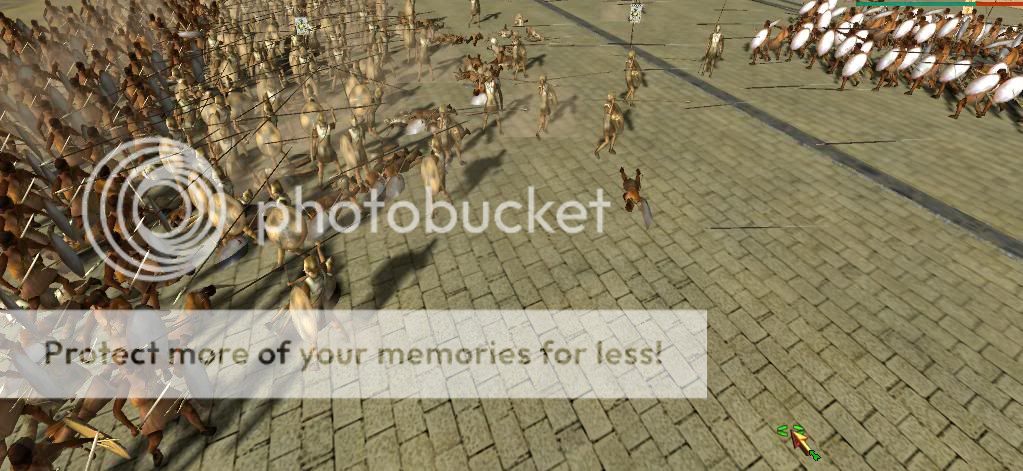
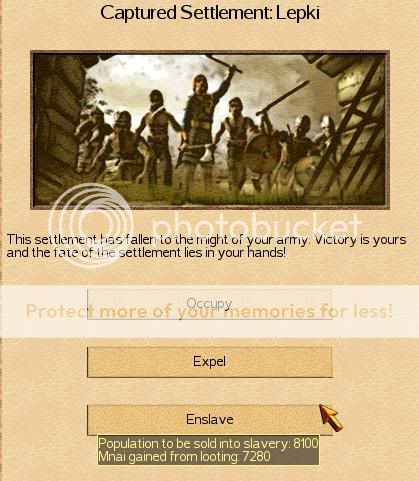

Bookmarks